Produced on the occasion of the exhibition Bruno Munari: What Comes From What held at the Itabashi Art Museum, The Museum of Modern Art, Shiga and Kariya City Art Museum, to commemorate the 100th anniversary of the birth Munari, who was an artist, designer, and children’s book author. It features colour illustrations of a wide variety of Munari’s works, including his masterpieces The Nonsense Machine and The Unreadable Book as well as paintings and three-dimensional paper sculptures. The catalogue comprehensively traces a body of work that is permeated with playful ideas and a spirit of inquiry. It reflects the breadth of Munari’s creativity, which spans art, design, and education.
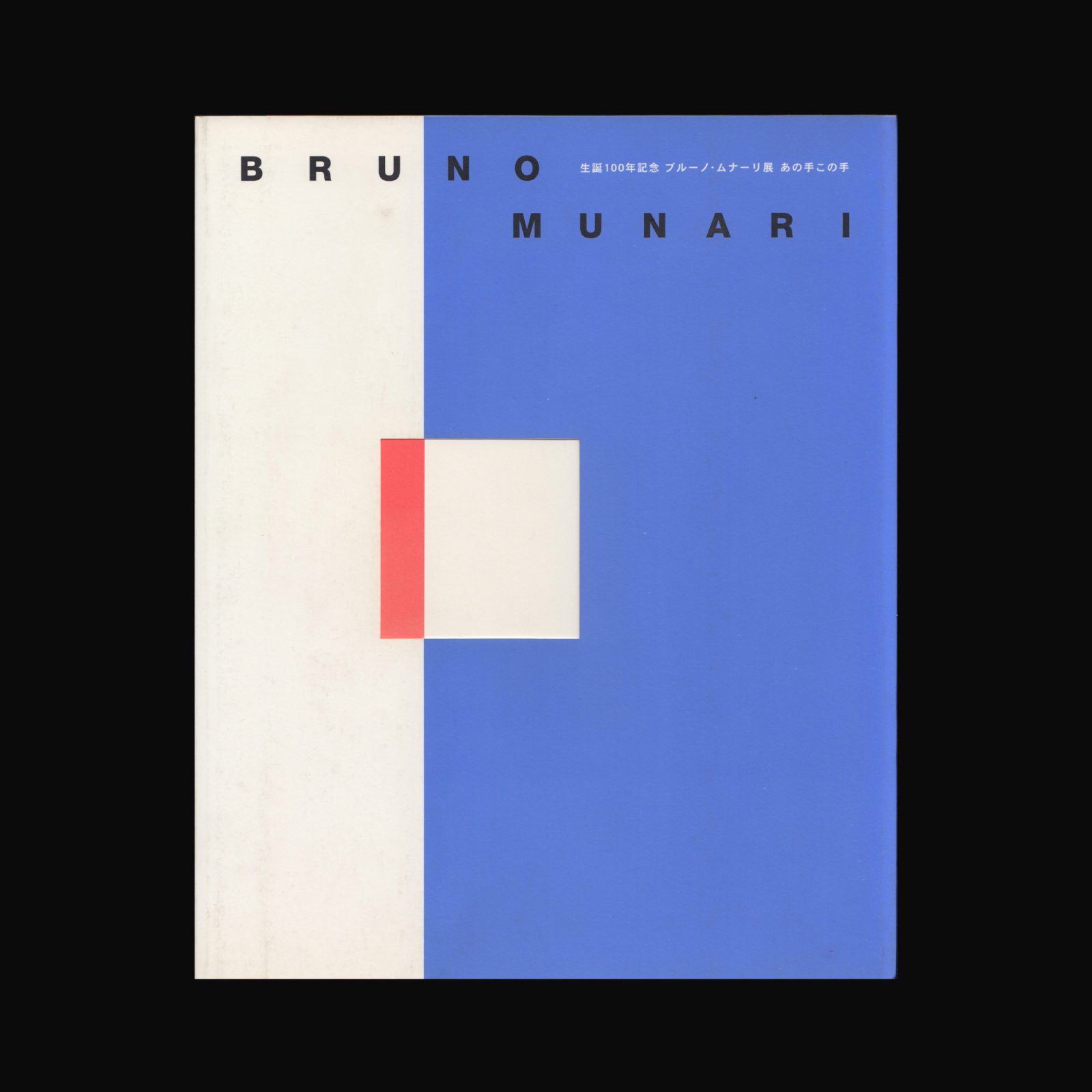
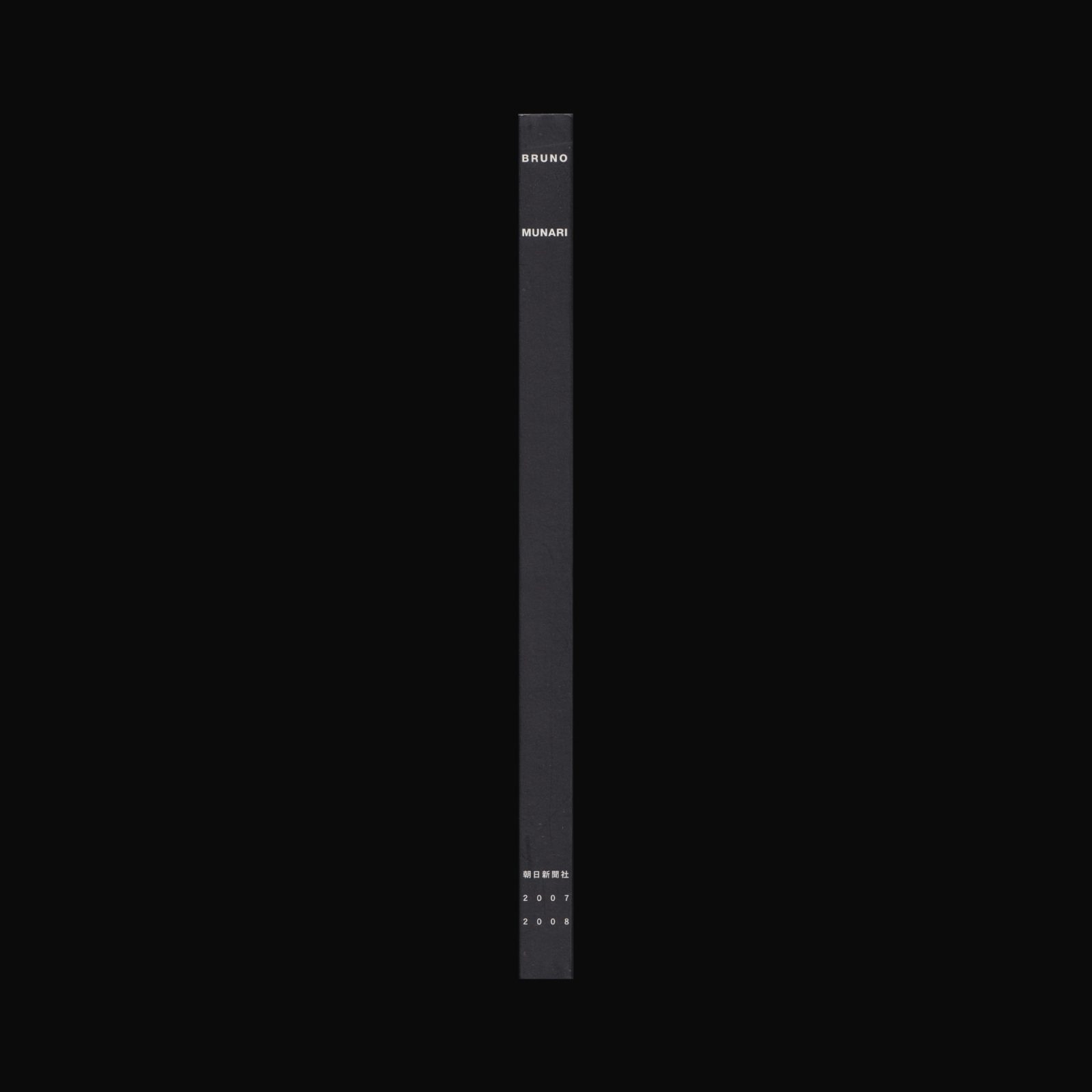
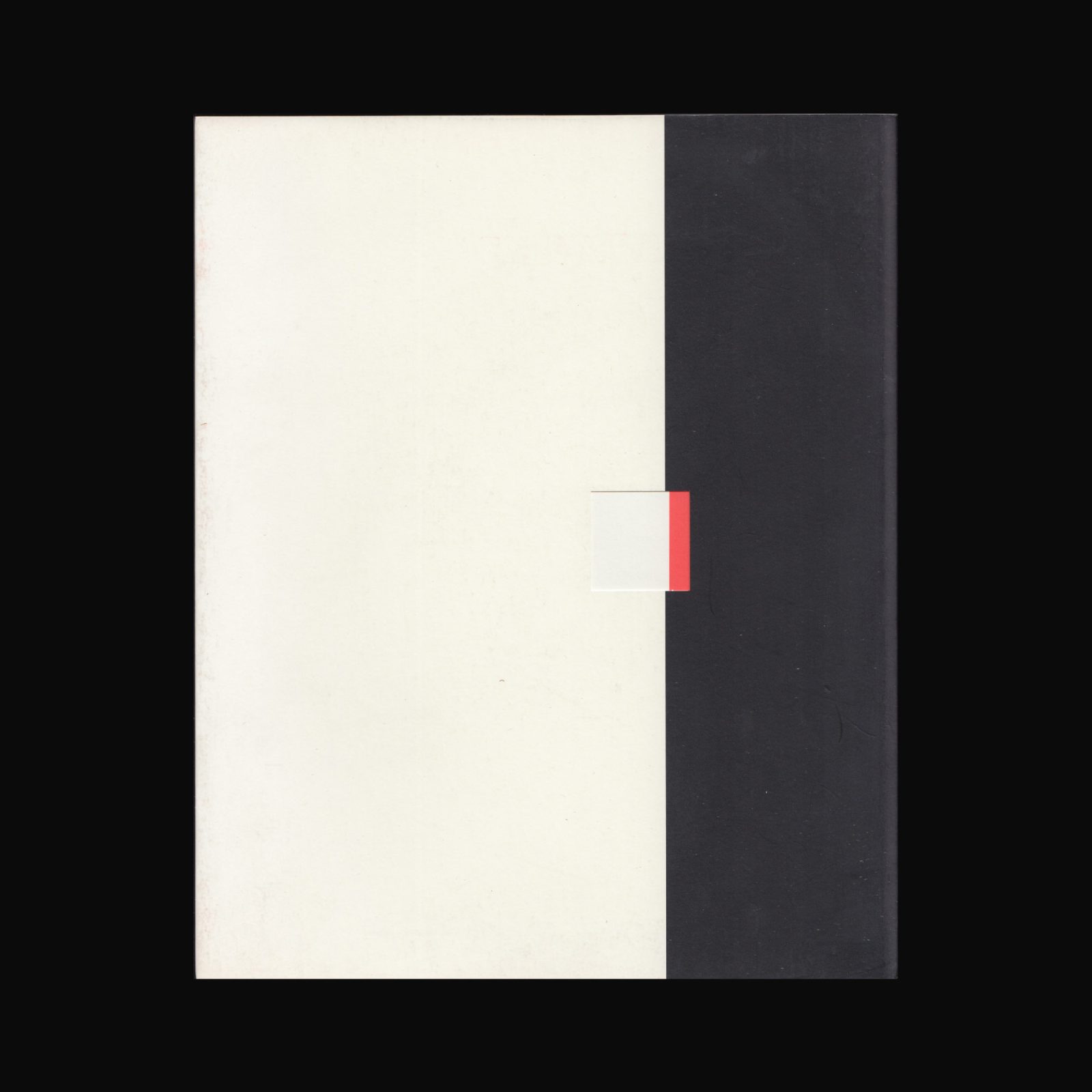
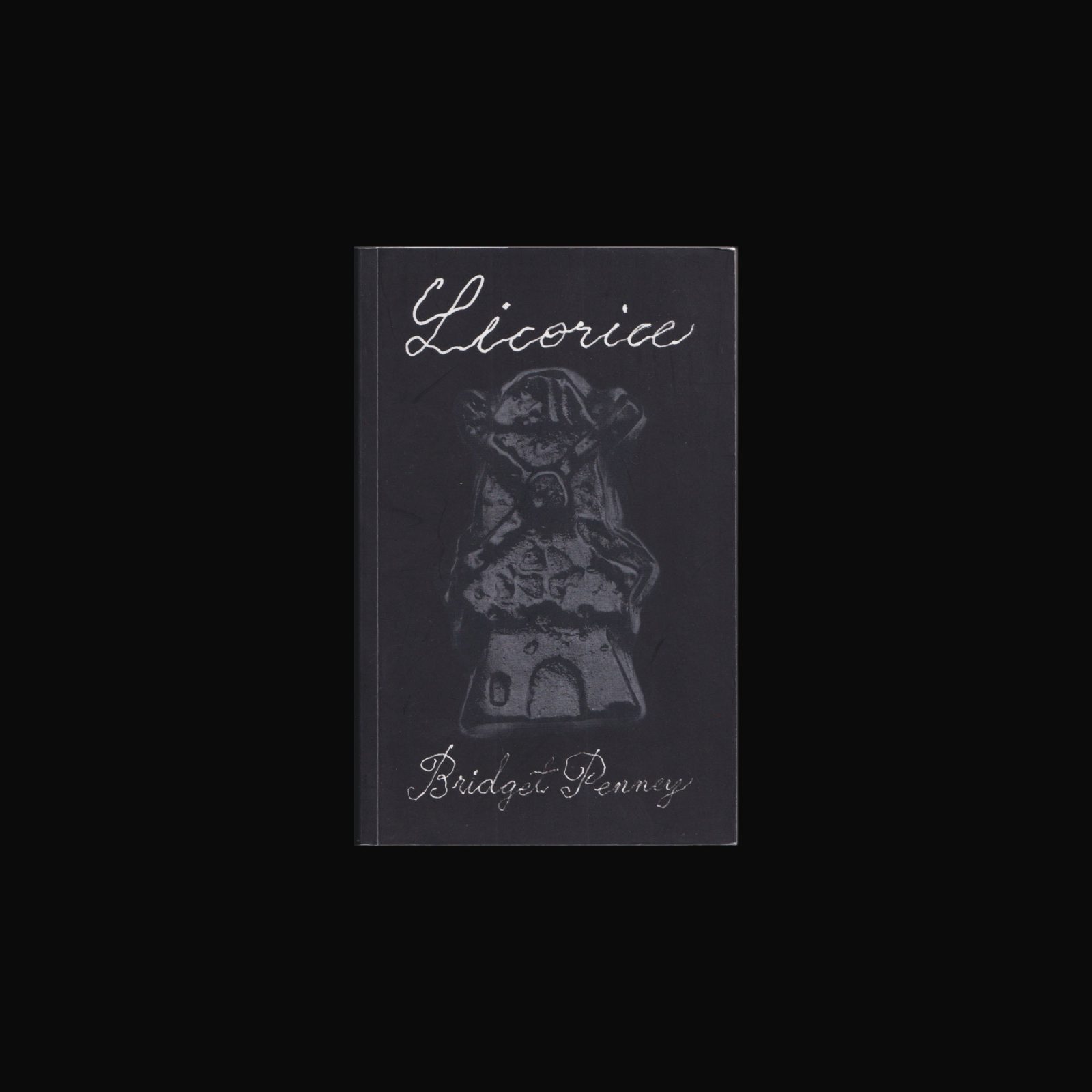

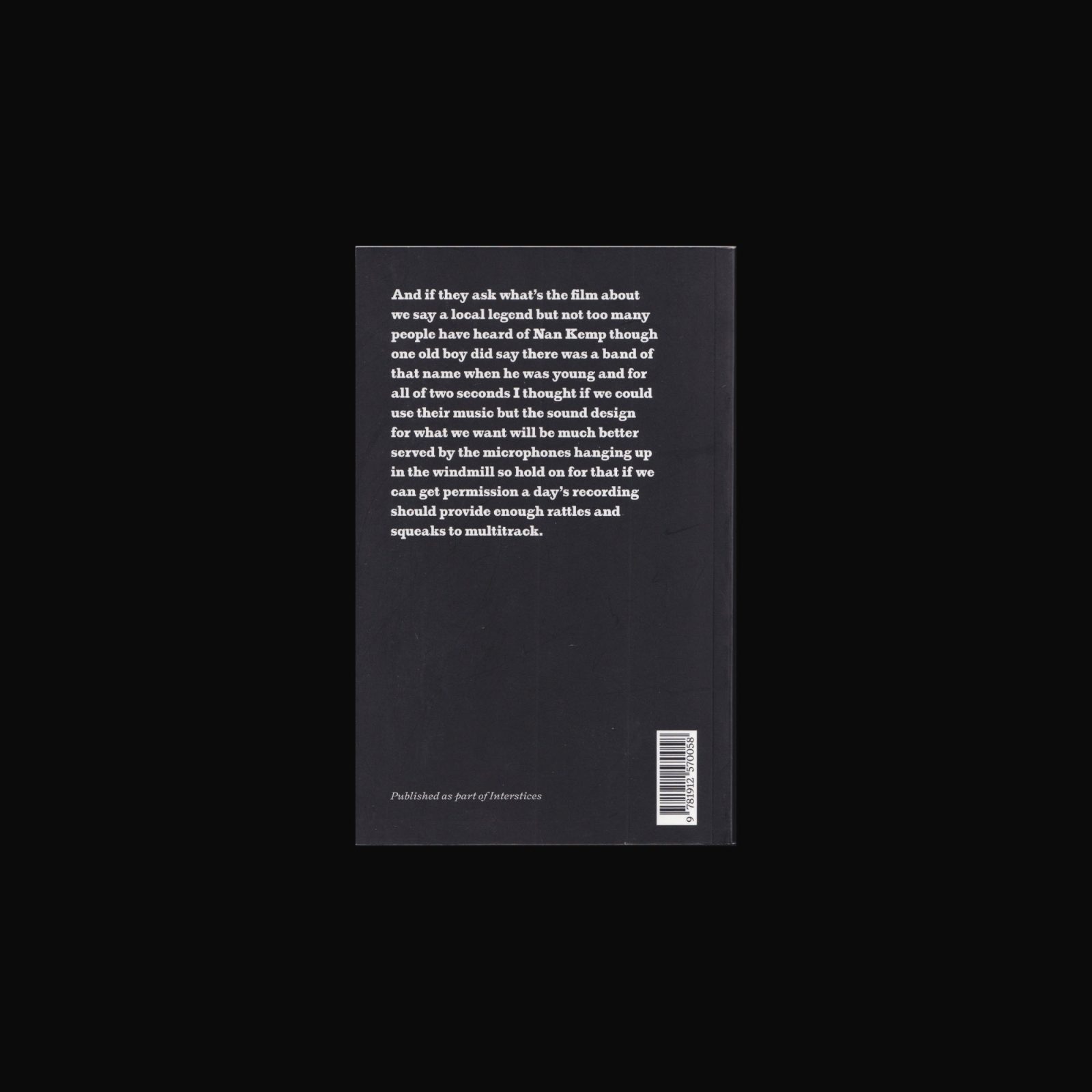
Licorice is a novel, a mixed-up tale about a film, a windmill and city folk. The plot involves the making of a film by characters who are trying to gain permission to record the noises inside a reconstructed windmill to use as its soundtrack. When they don’t succeed, the eponymous character Licorice makes an Aeolian harp out of bits she finds in a small electricals recycling bin. Brighton based author Bridget Penney, previous publications include Honeymoon with Death and Other Stories (Polygon, 1991) and Index (Book Works, 2008).
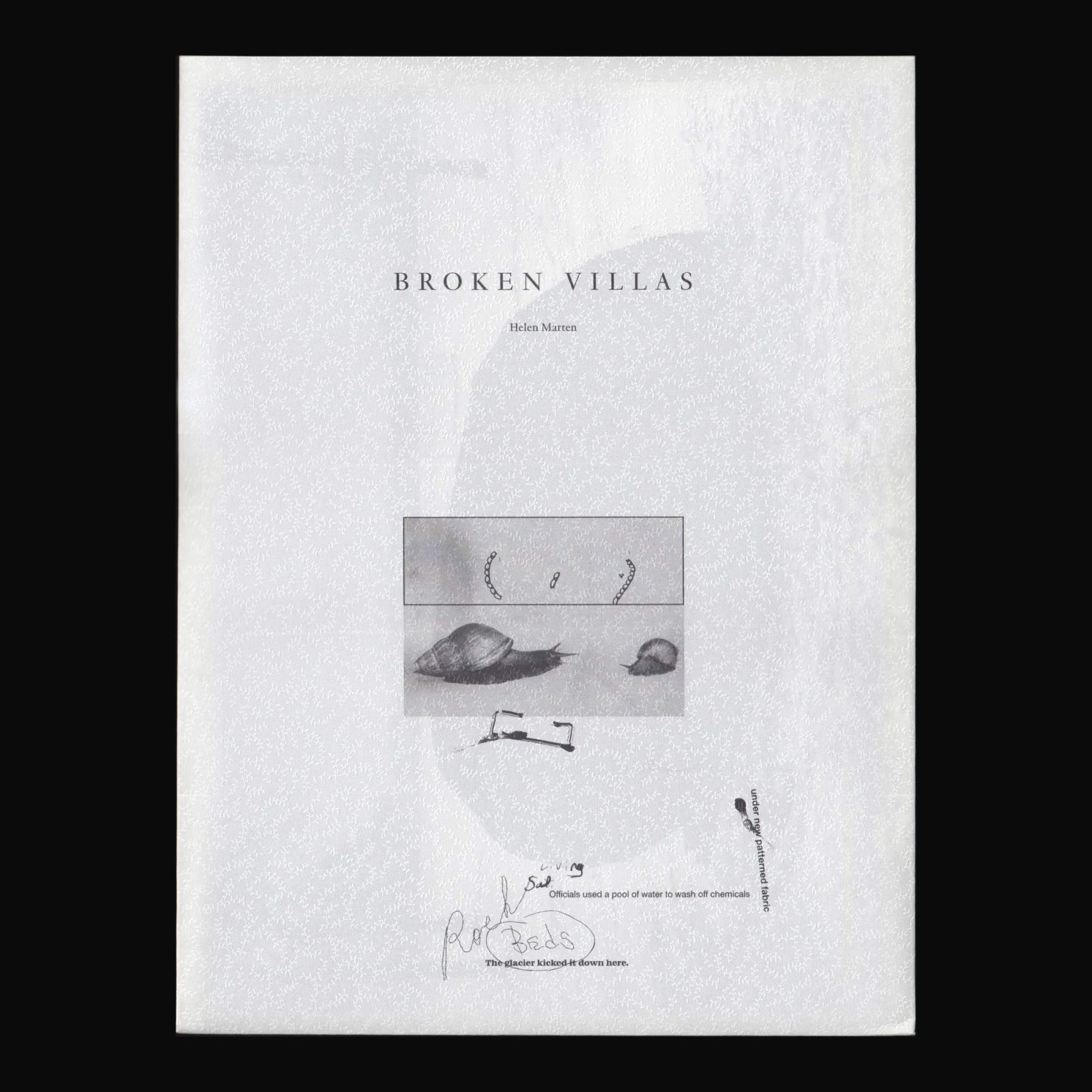
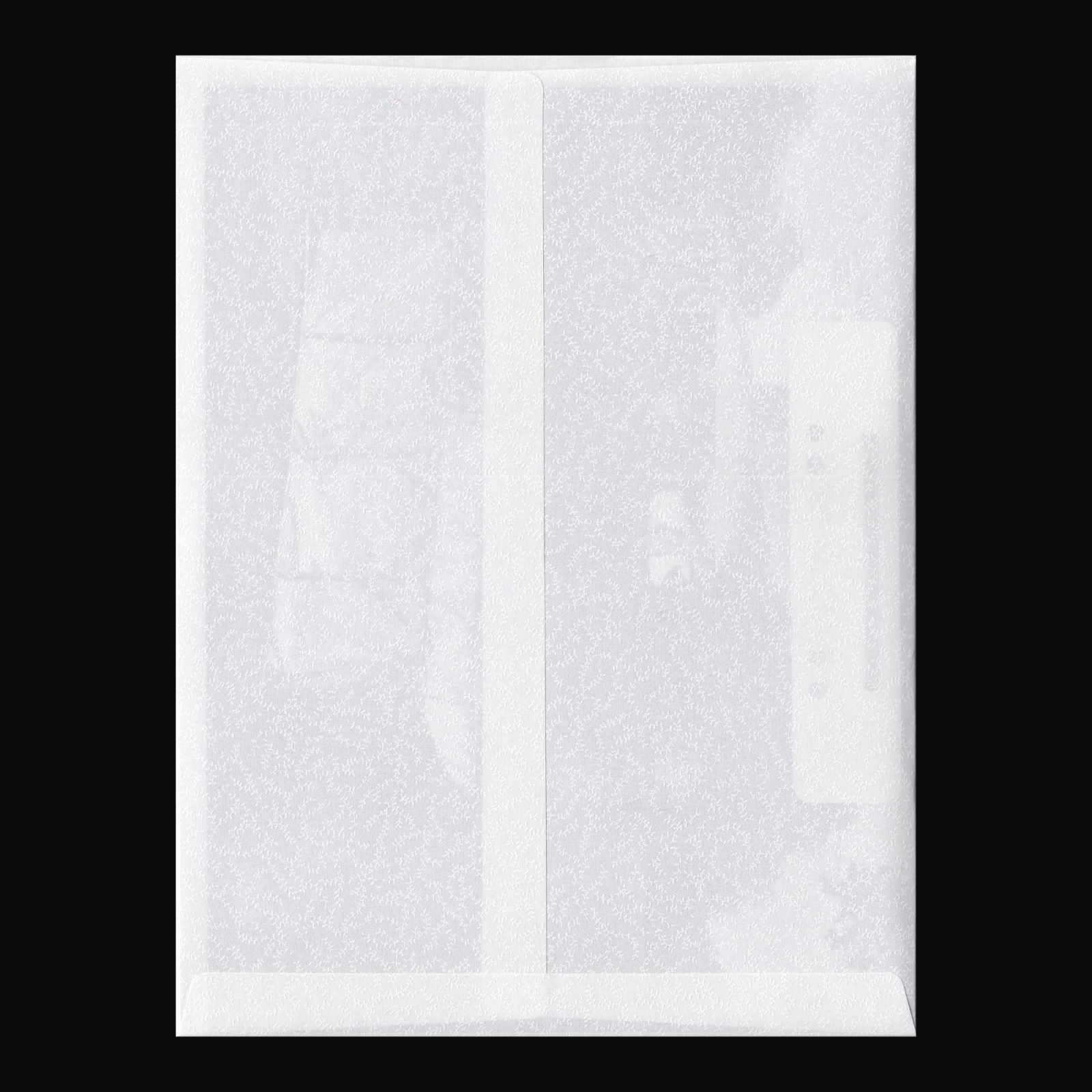
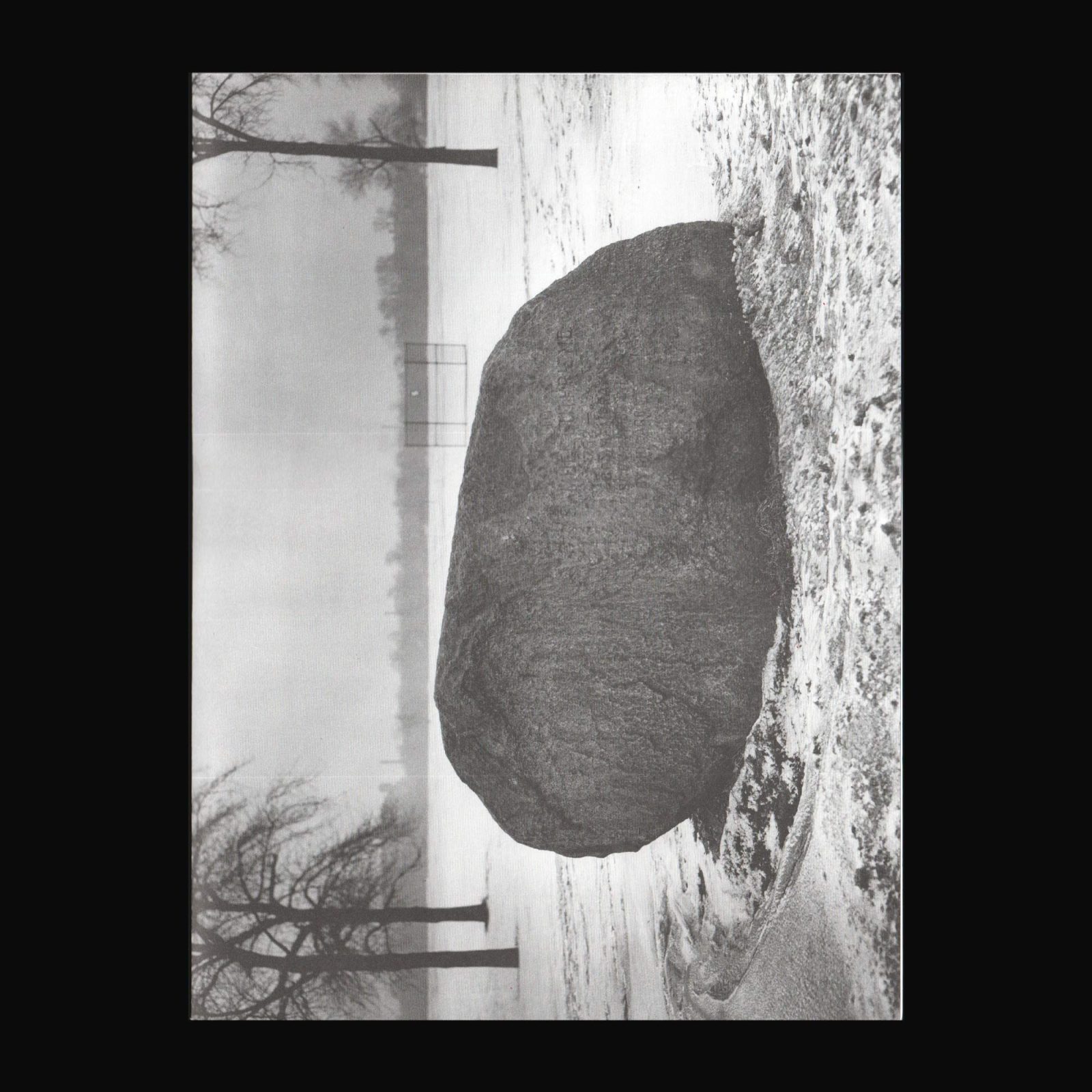
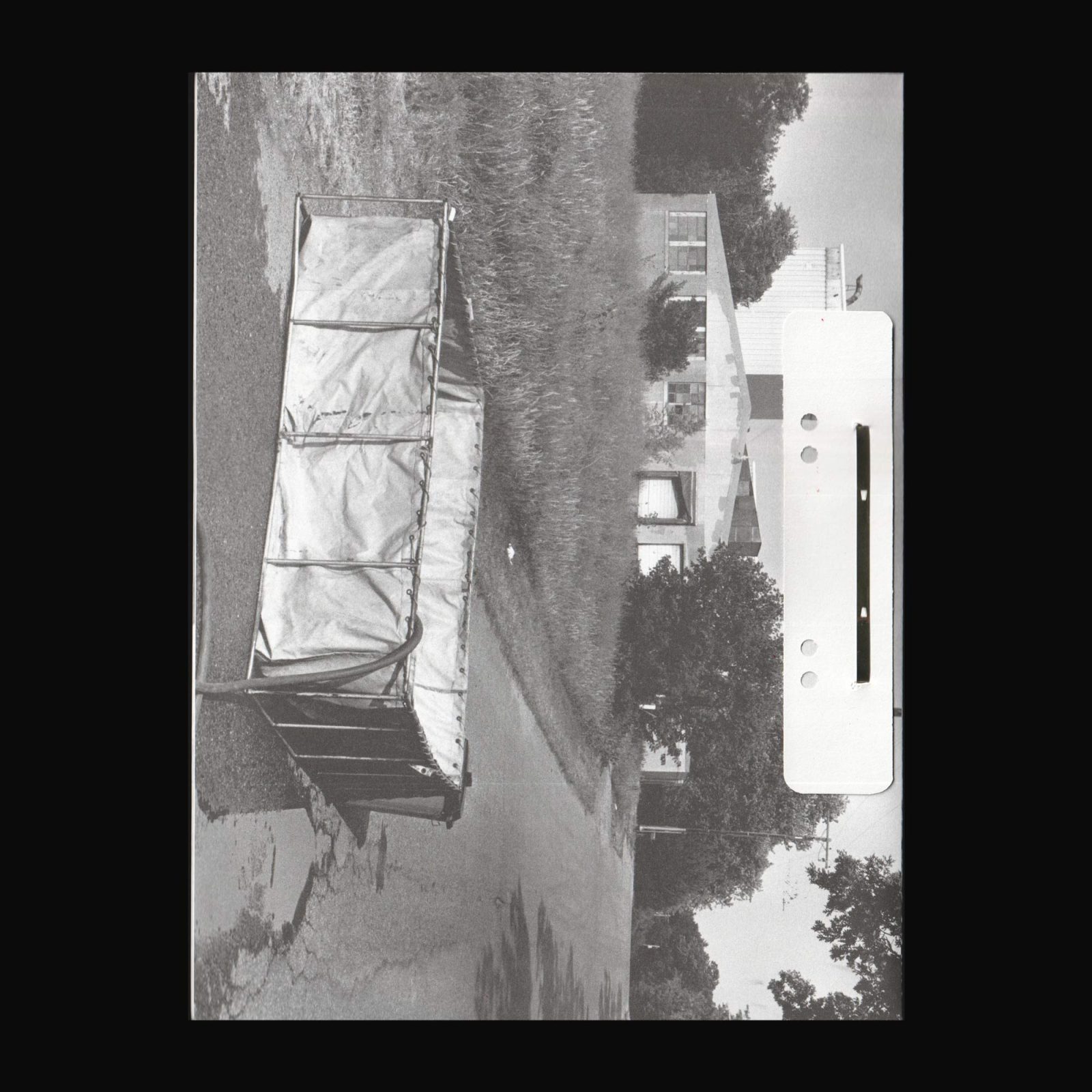
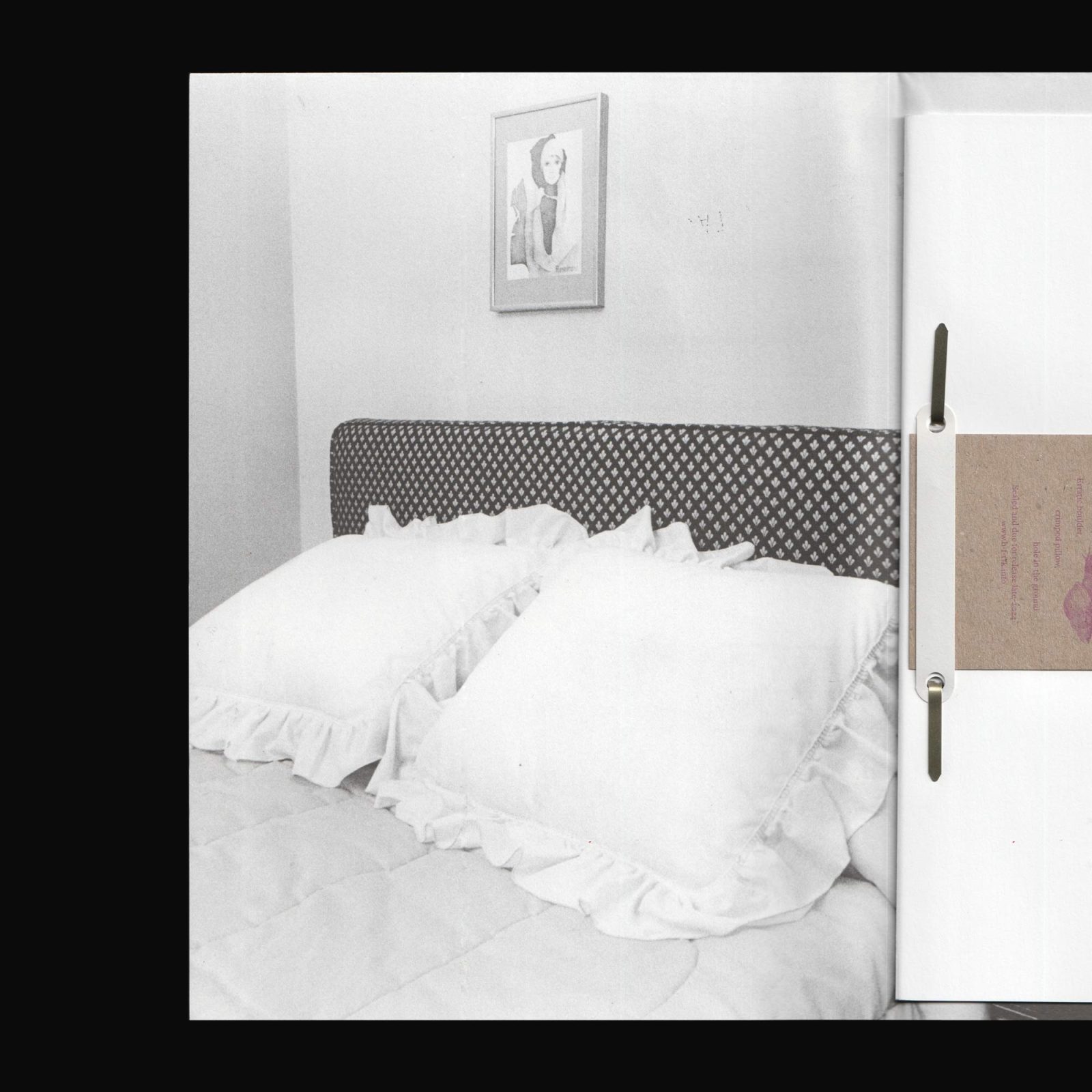
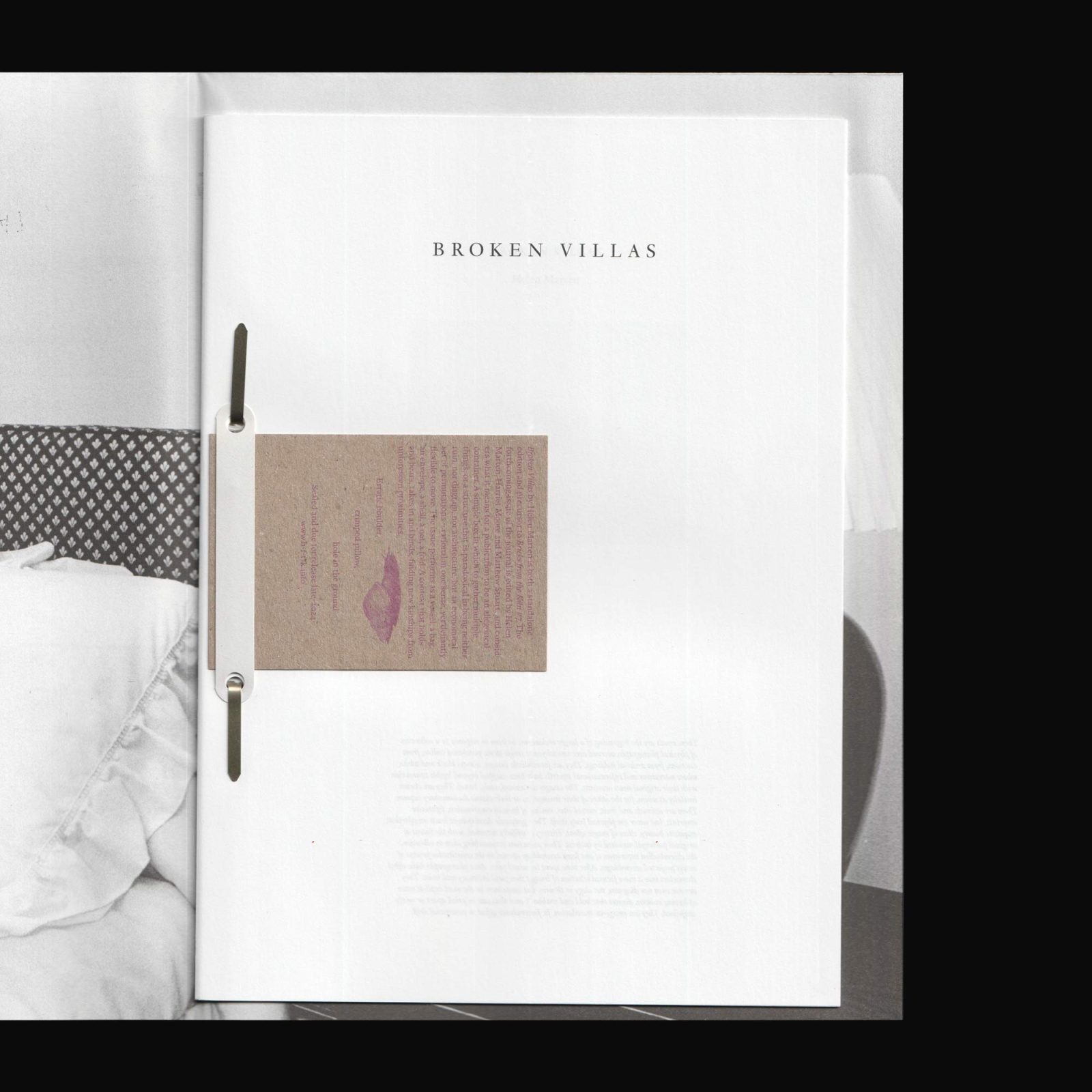
Written in response to three physical photographs, Broken Villas contains and considers how a vessel might clasp tightly to known volumetric identities, but also loom with a set of accentuated clues towards otherness: the excavated seams in the earth and what we fill those holes with, imaginary or otherwise; the glacial erraticism of the boulder; the queer crimping of a hotel pillowcase; the modes via which objects are housed as display, but also packaged away, with sorrow, with fear, with erotism etc. Published as a prelude to BFTK#7, Broken Villas is collected and written by Helen Marten, one of the co-editors of the forthcoming issue.
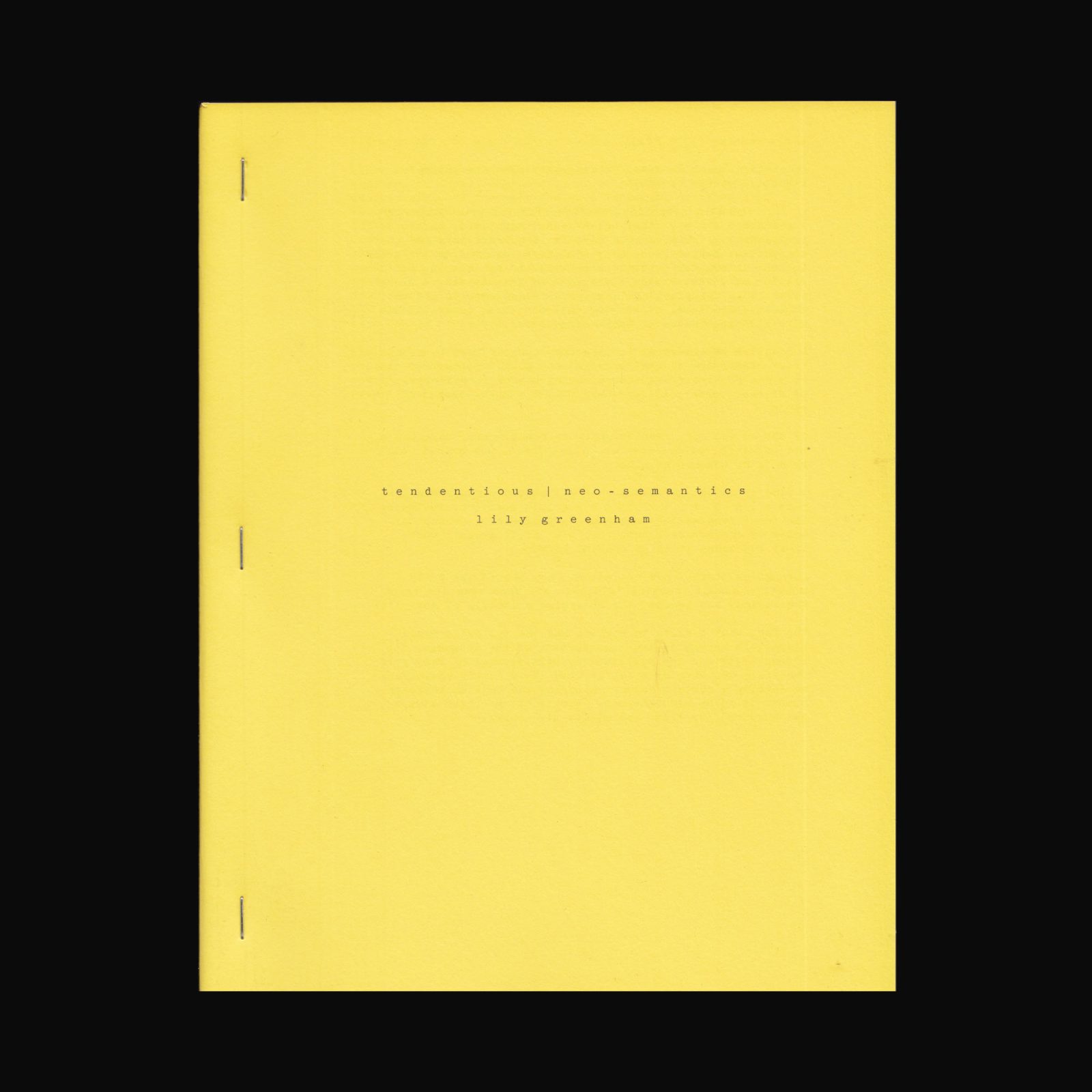
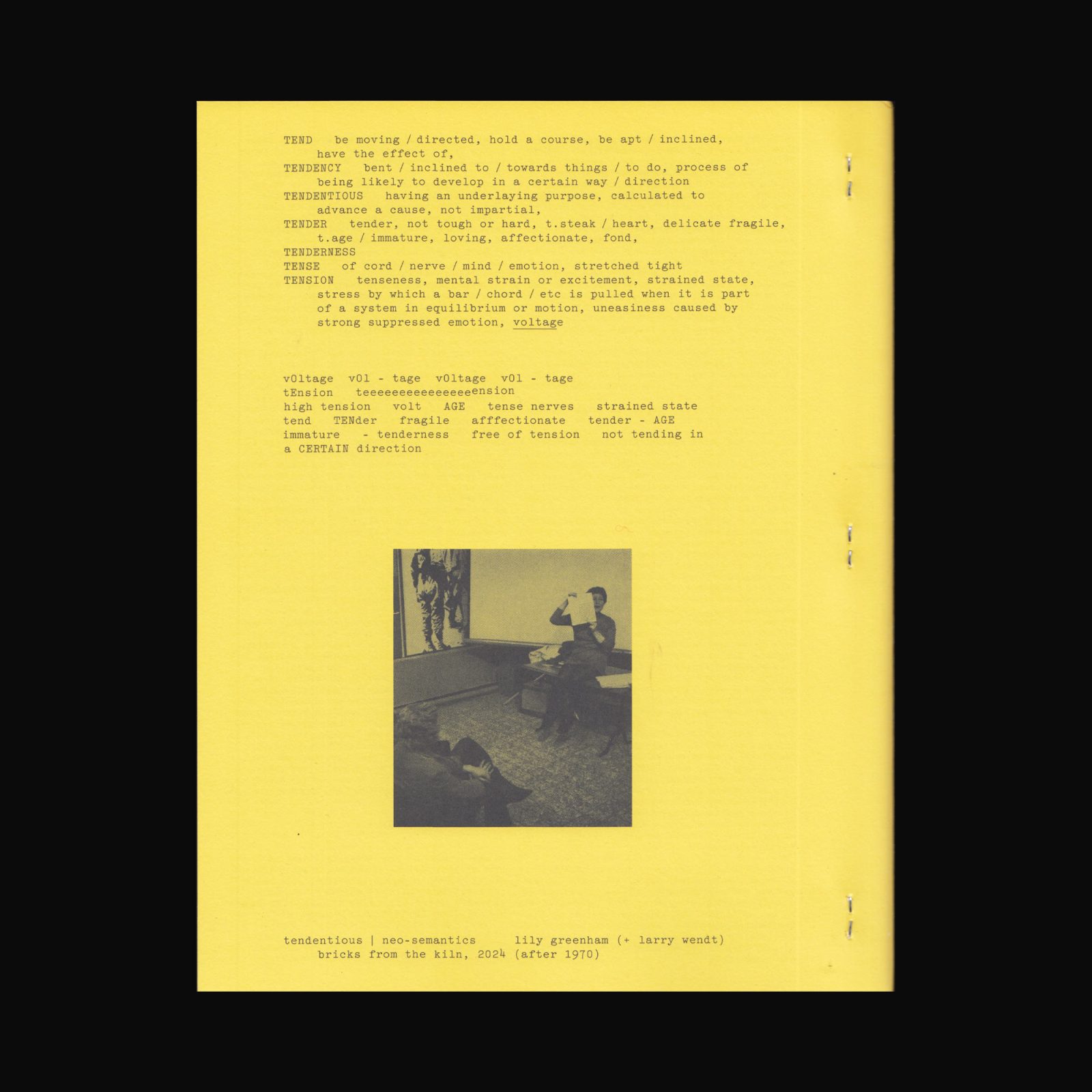
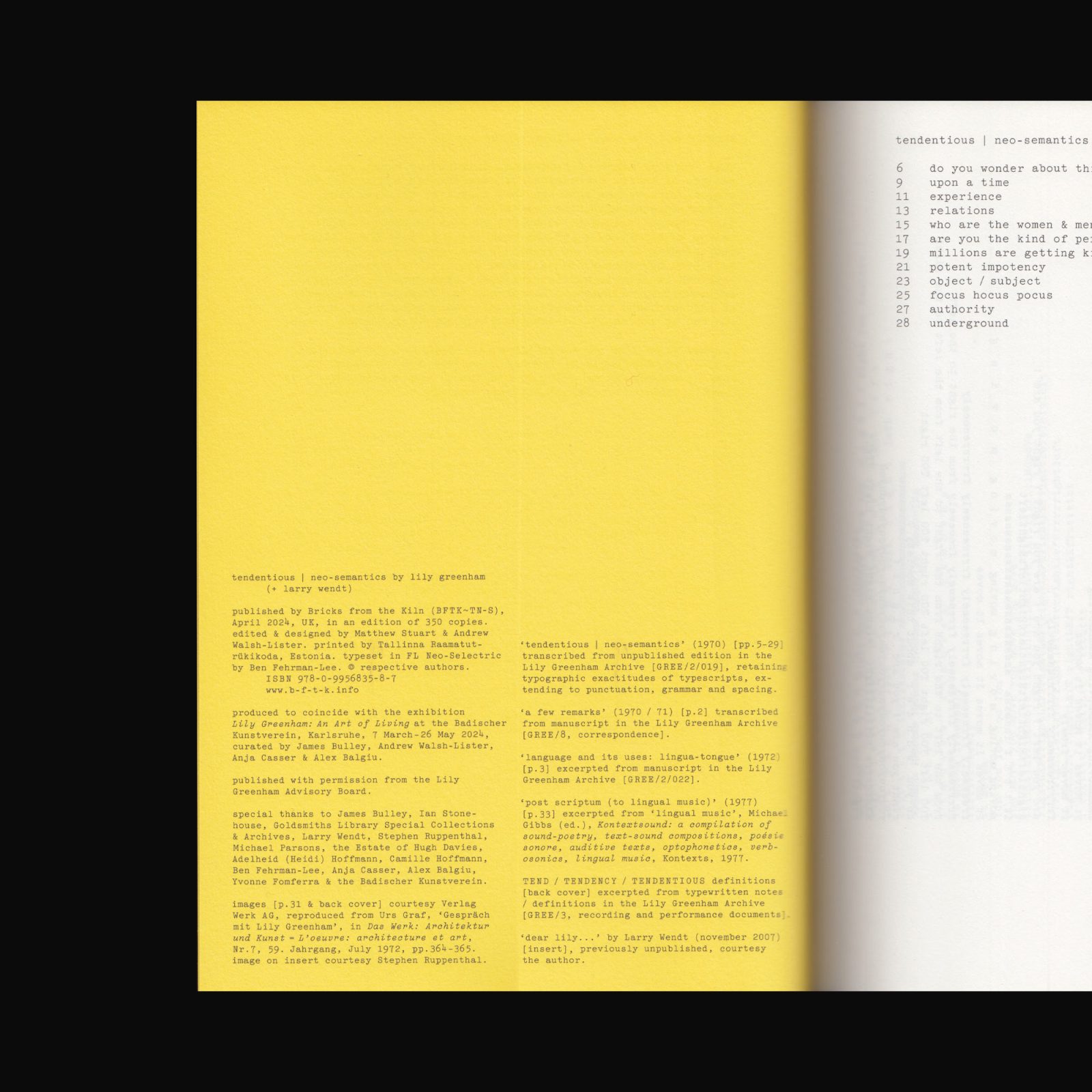
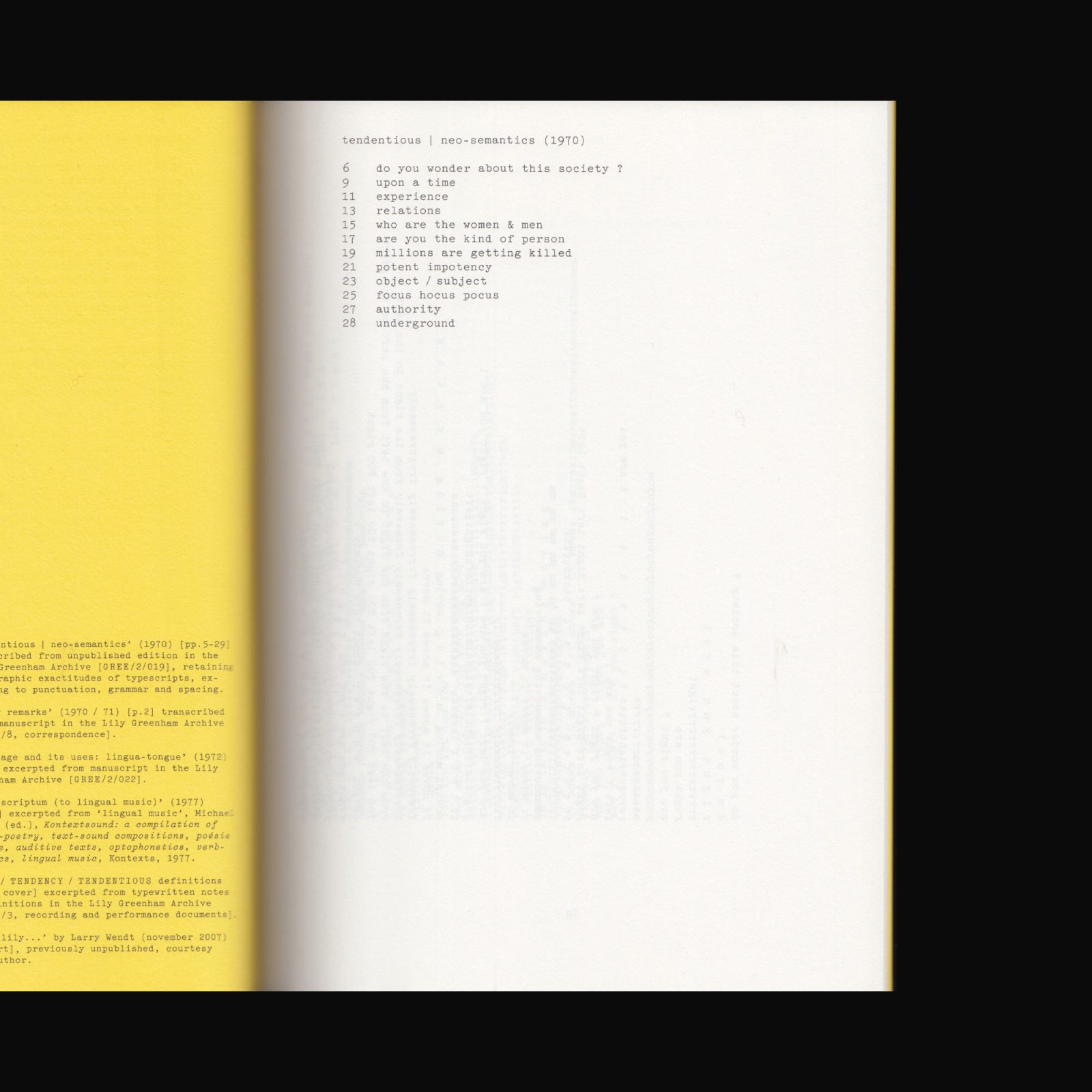
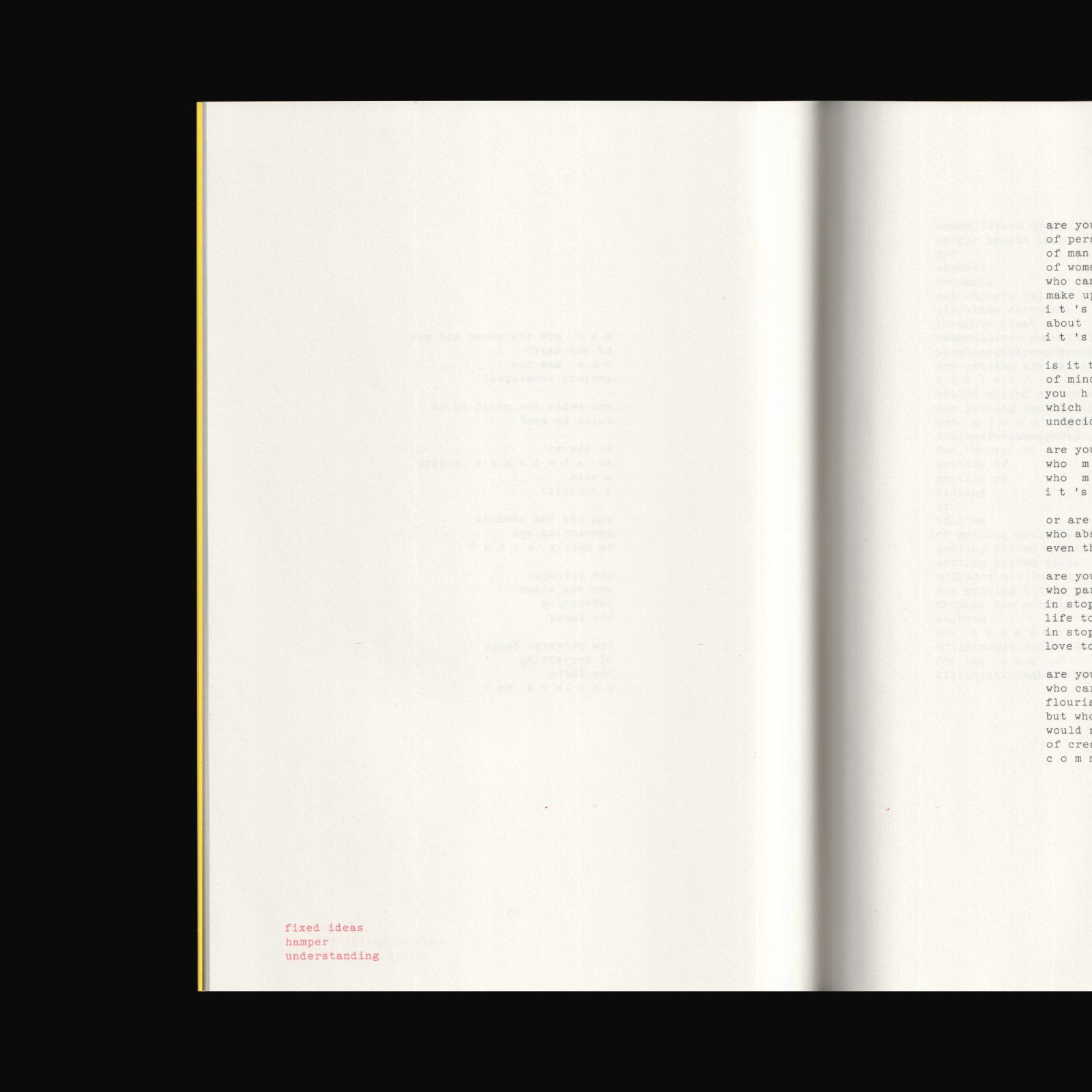
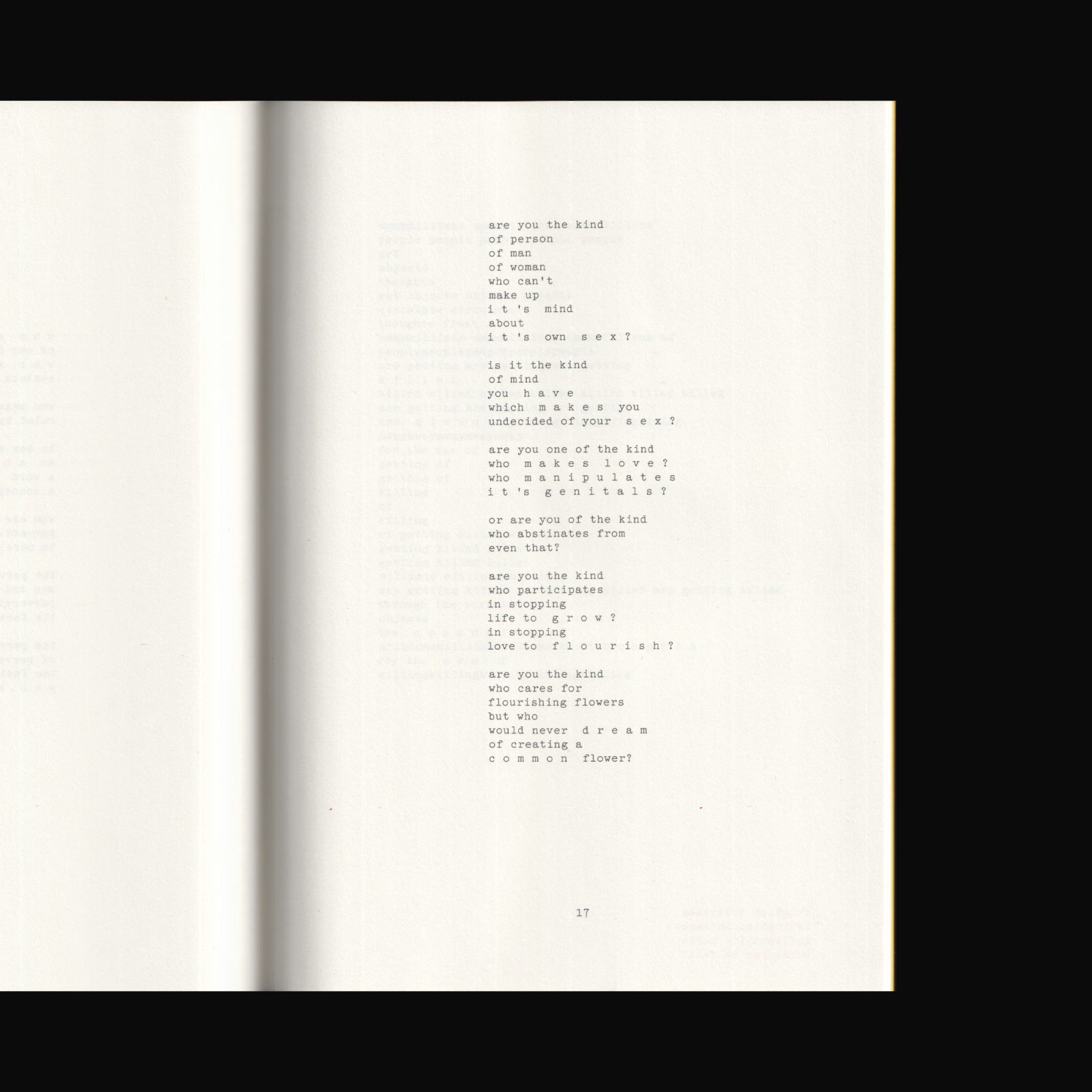
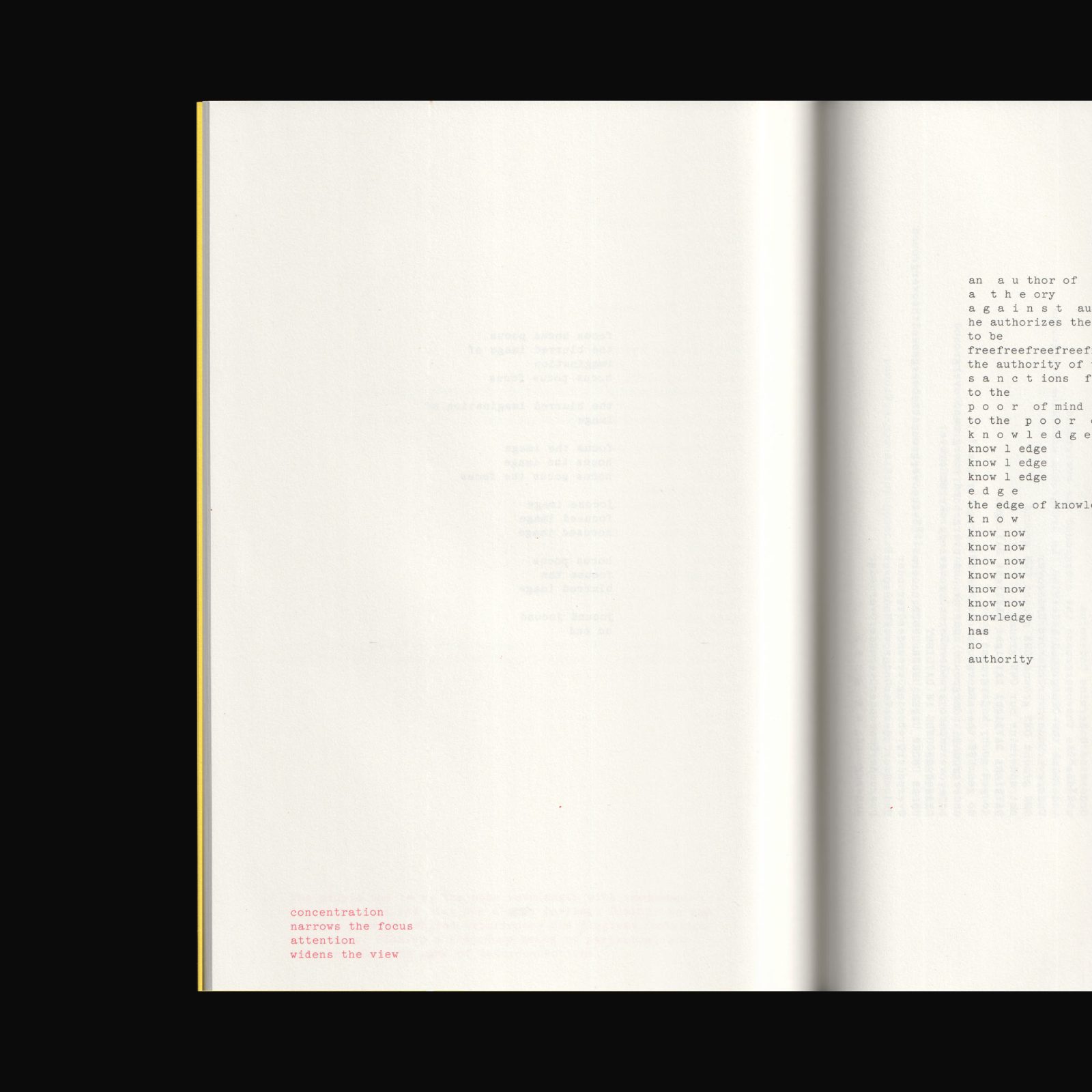
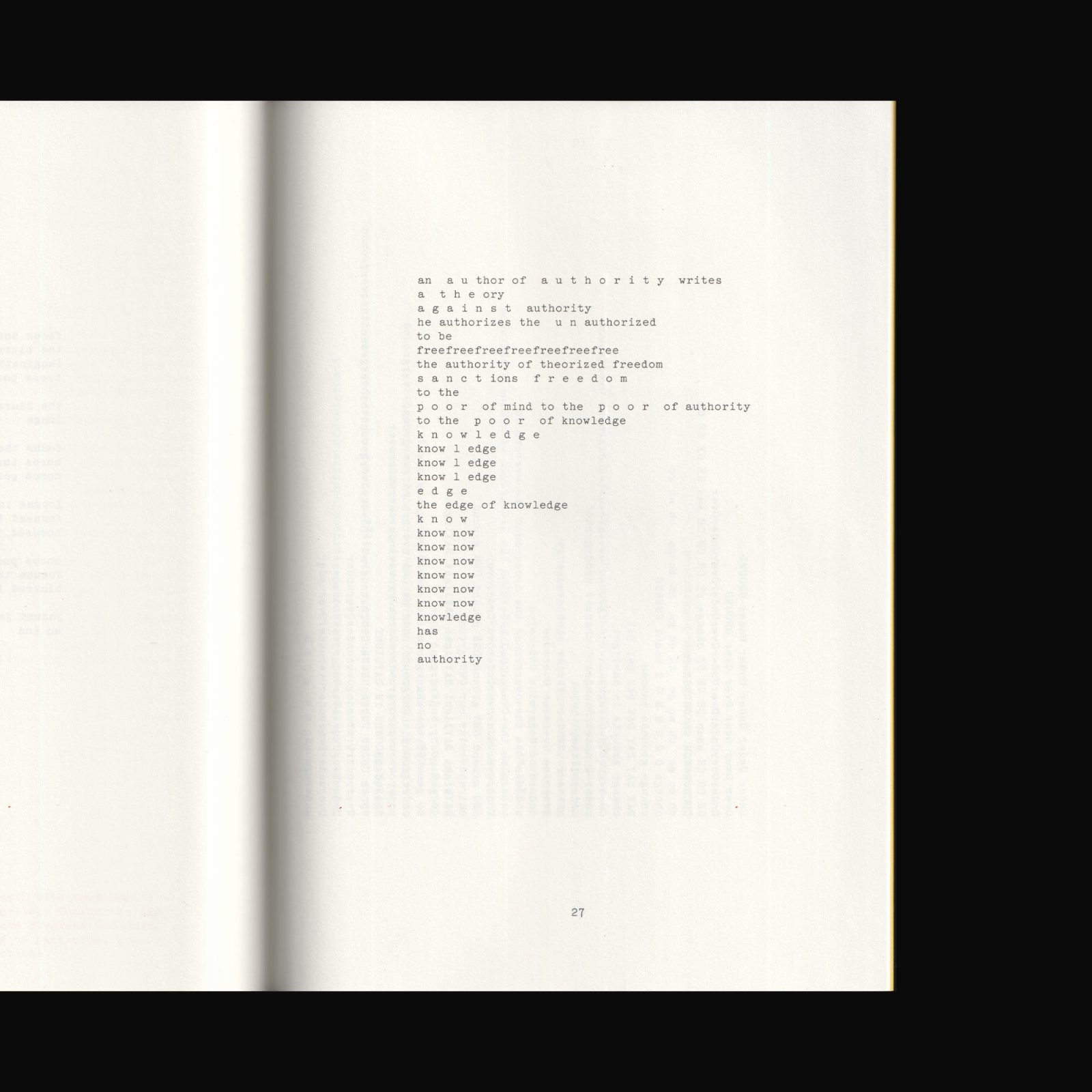
tendentious | neo-semantics is a collection of text-sound pieces by Lily Greenham transcribed and (re)typeset from a previously unpublished edition originally written in 1970. Reproduced and revocalised in dialogue with the Lily Greenham Archive at Goldsmiths, this new edition is bookended by excerpts of contextual writings by Greenham — ‘a few remarks’ (1970 / 71), ‘language and its uses: lingua tongue’ (1972) and a ‘post scriptum’ to the essay ‘lingual music’ (1977) — and also punctuated by ‘aphorisms’ and ‘50 words stories’ as structural beats between semantic poems. A tall format hole-punched insert contains a written remembrance by Larry Wendt and a photograph courtesy of Stephen Ruppenthal.
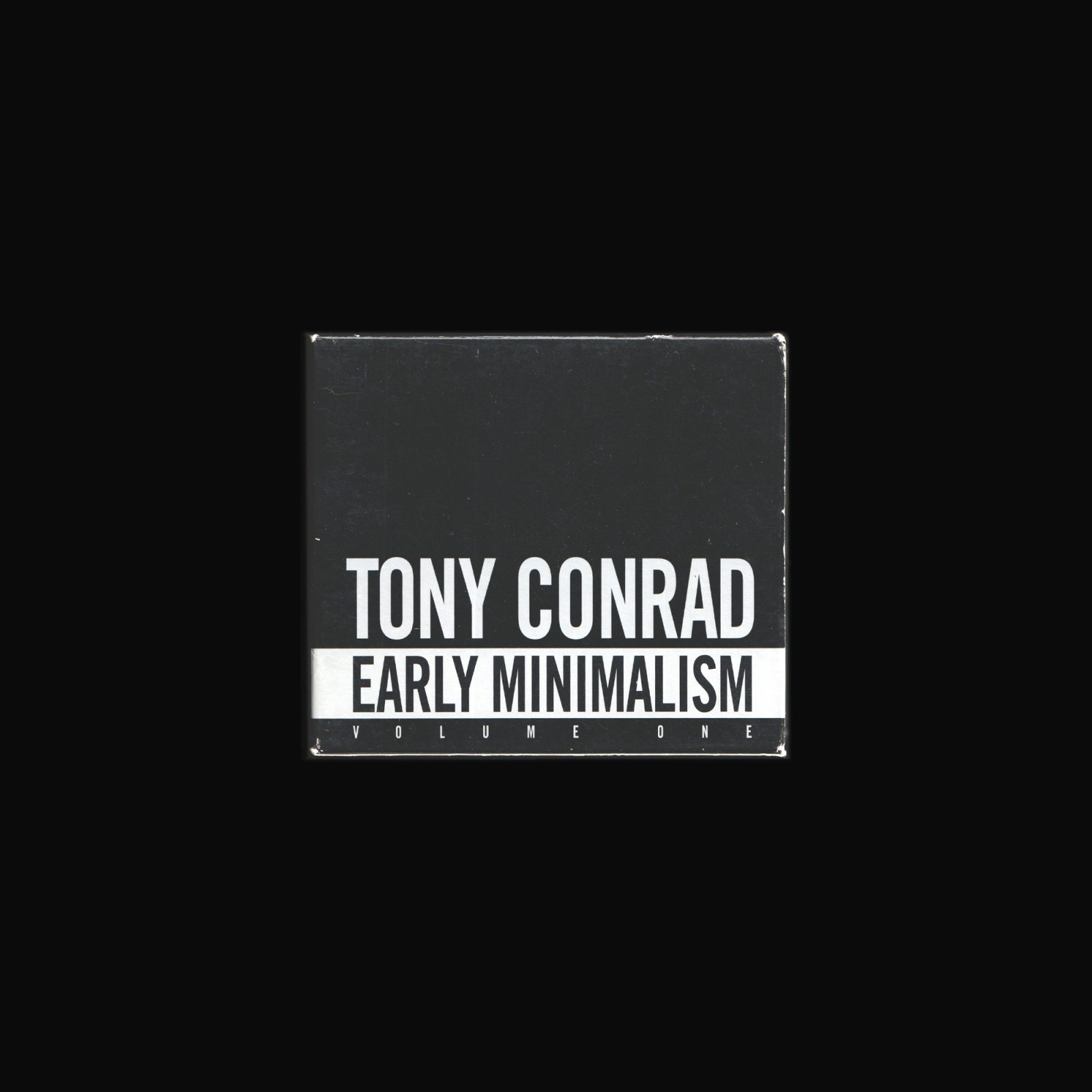
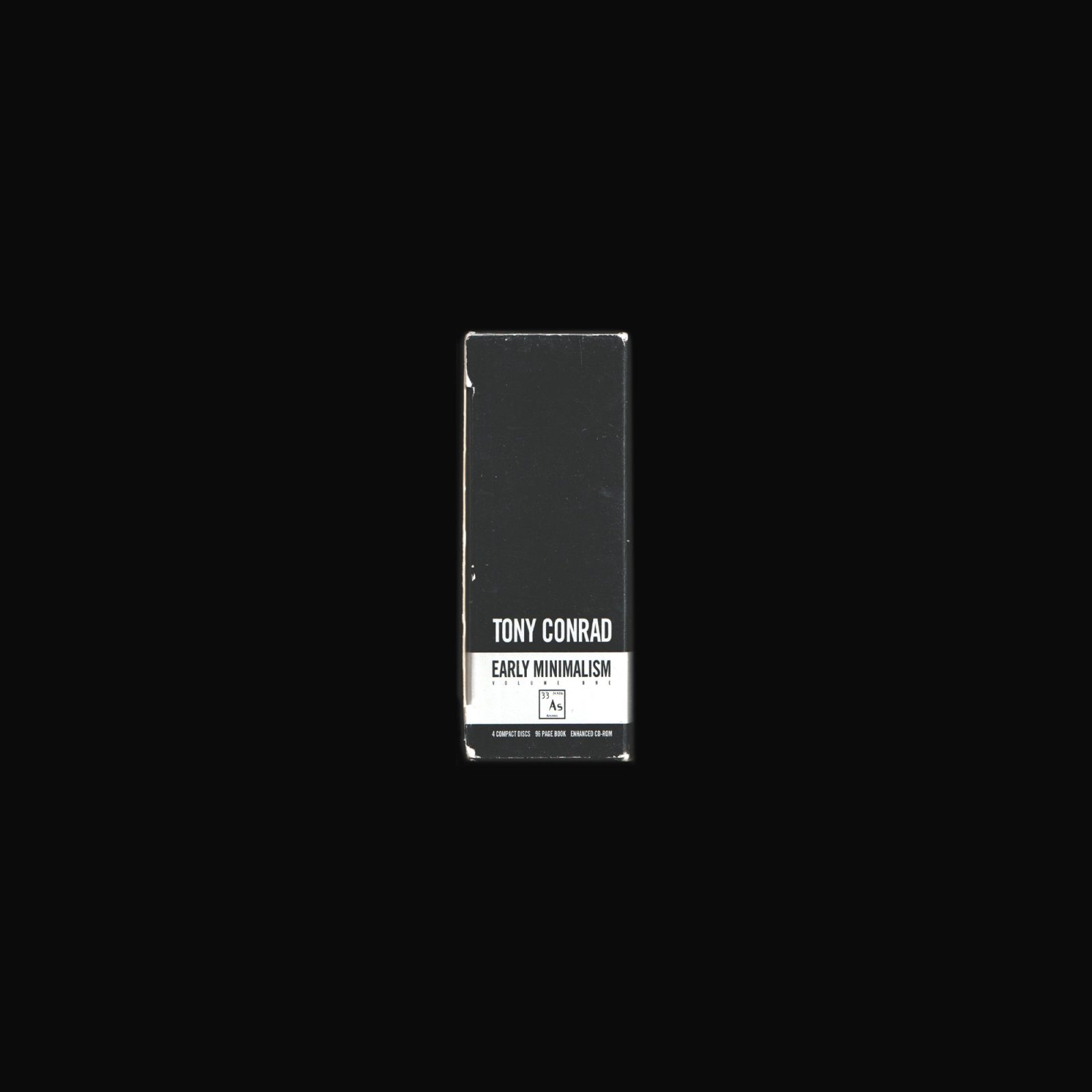
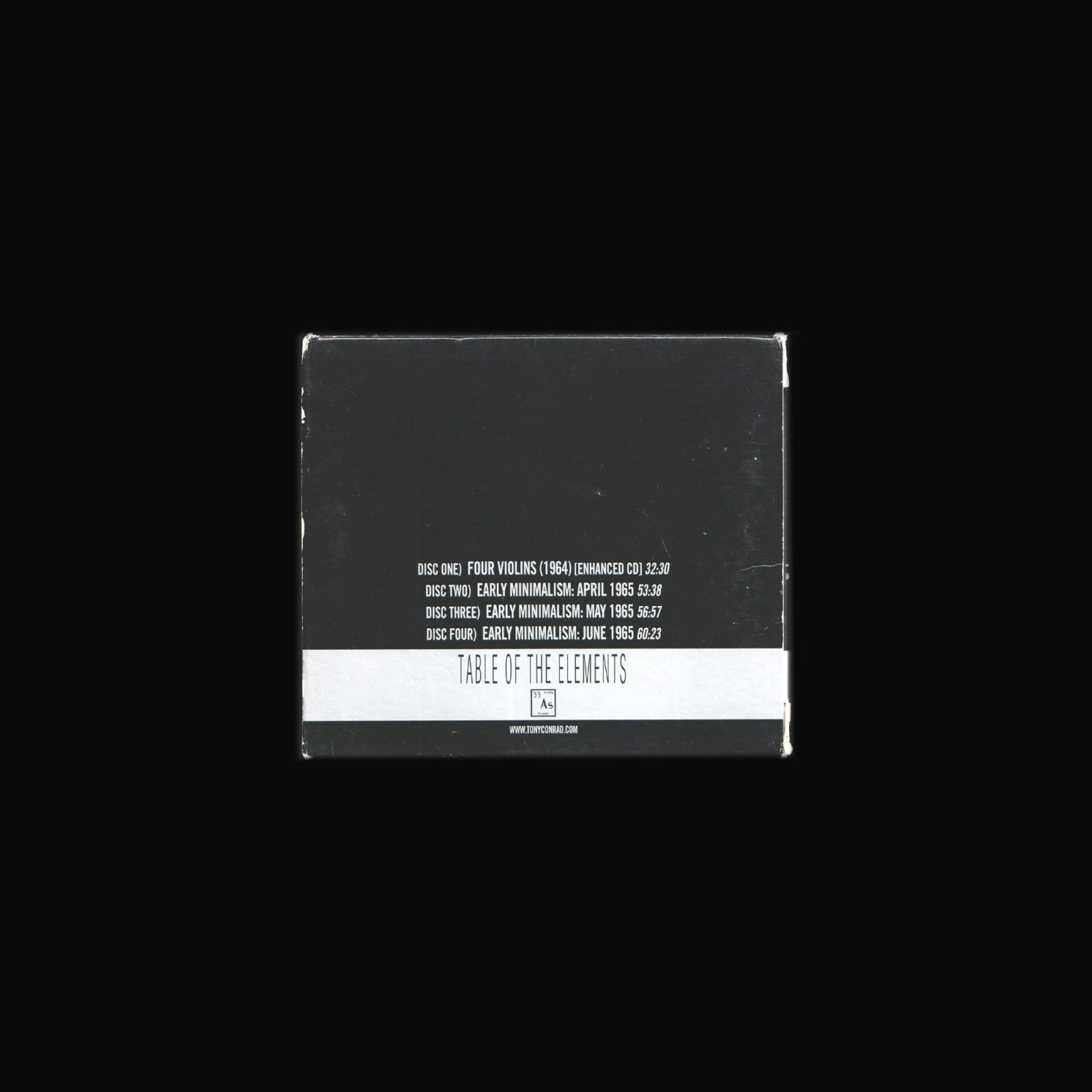
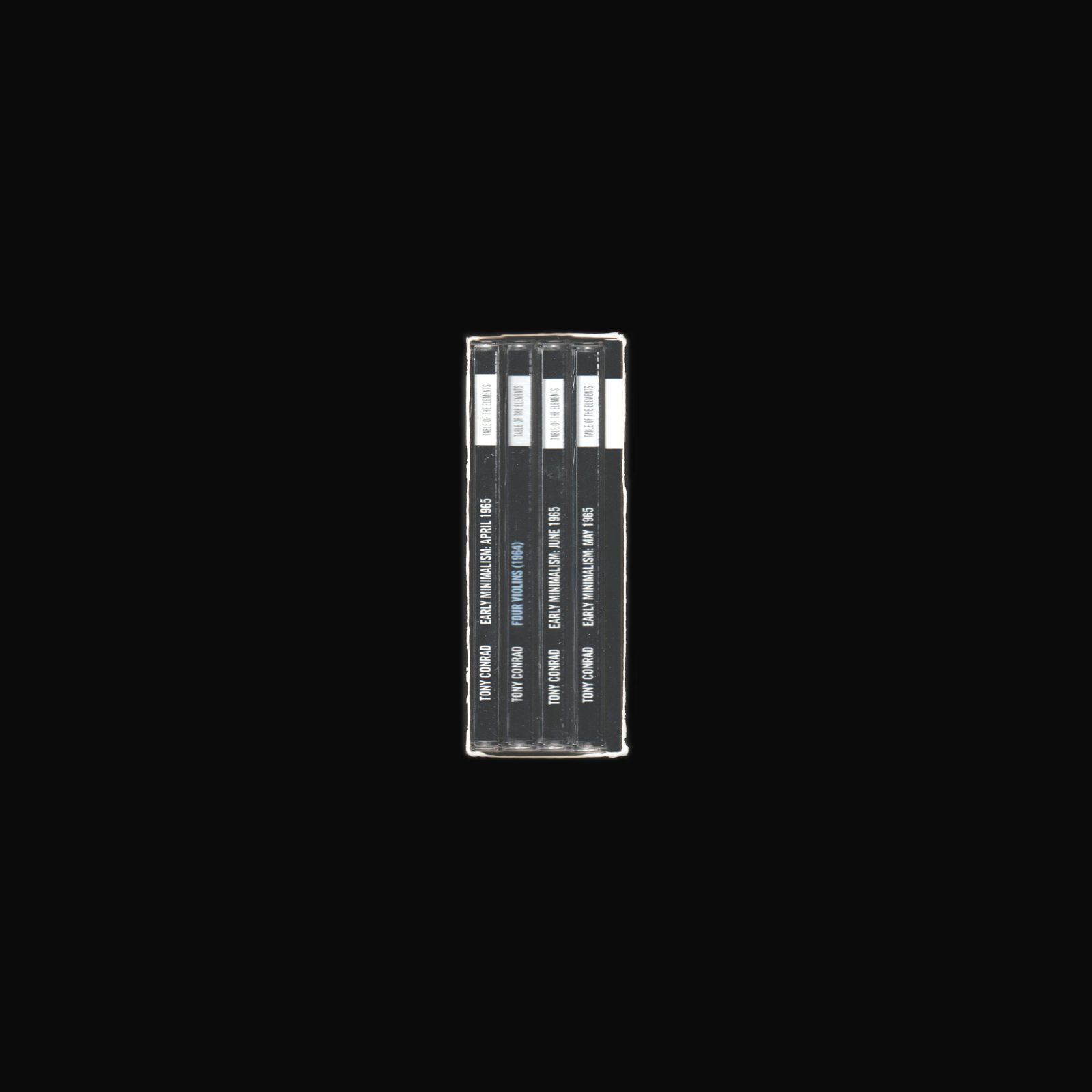
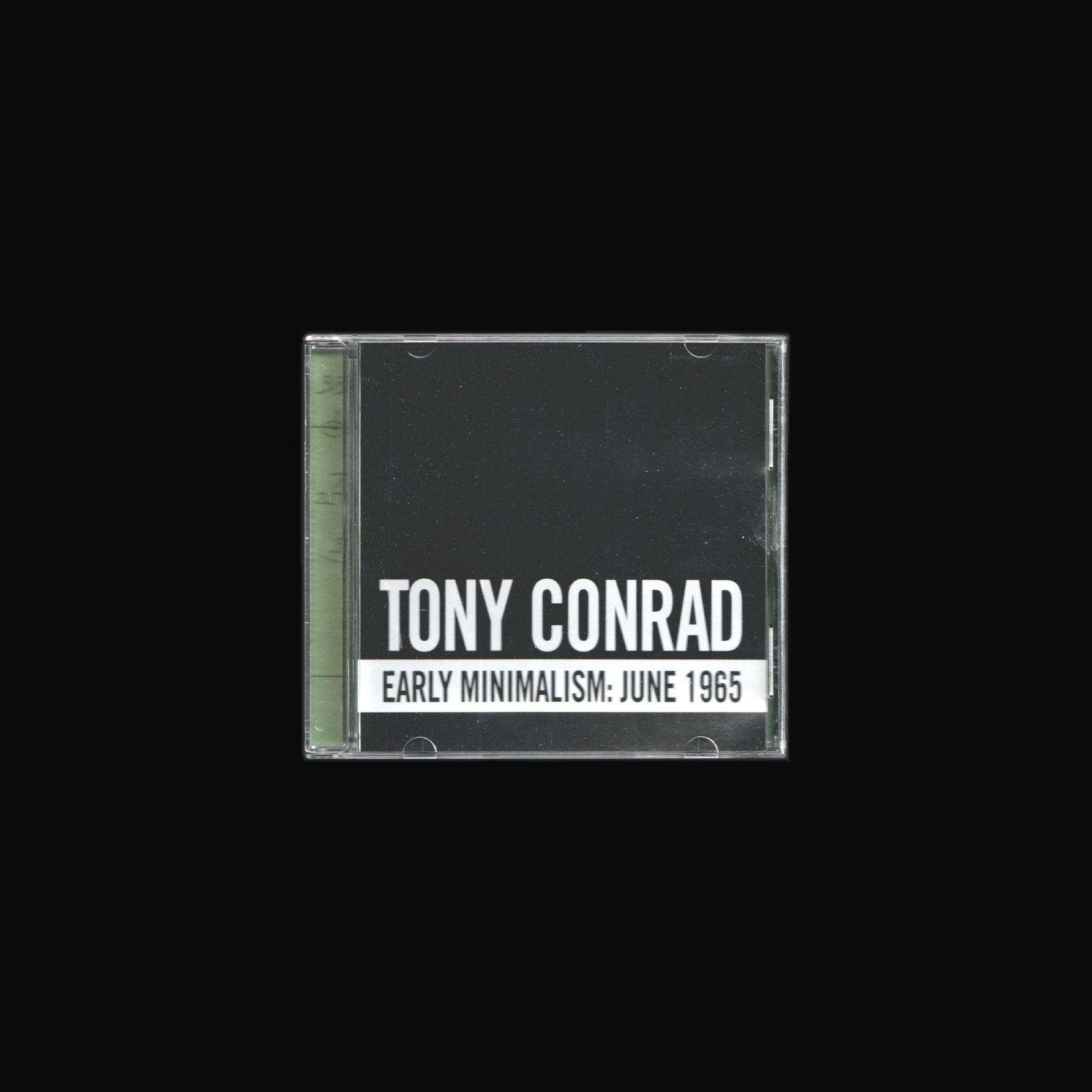
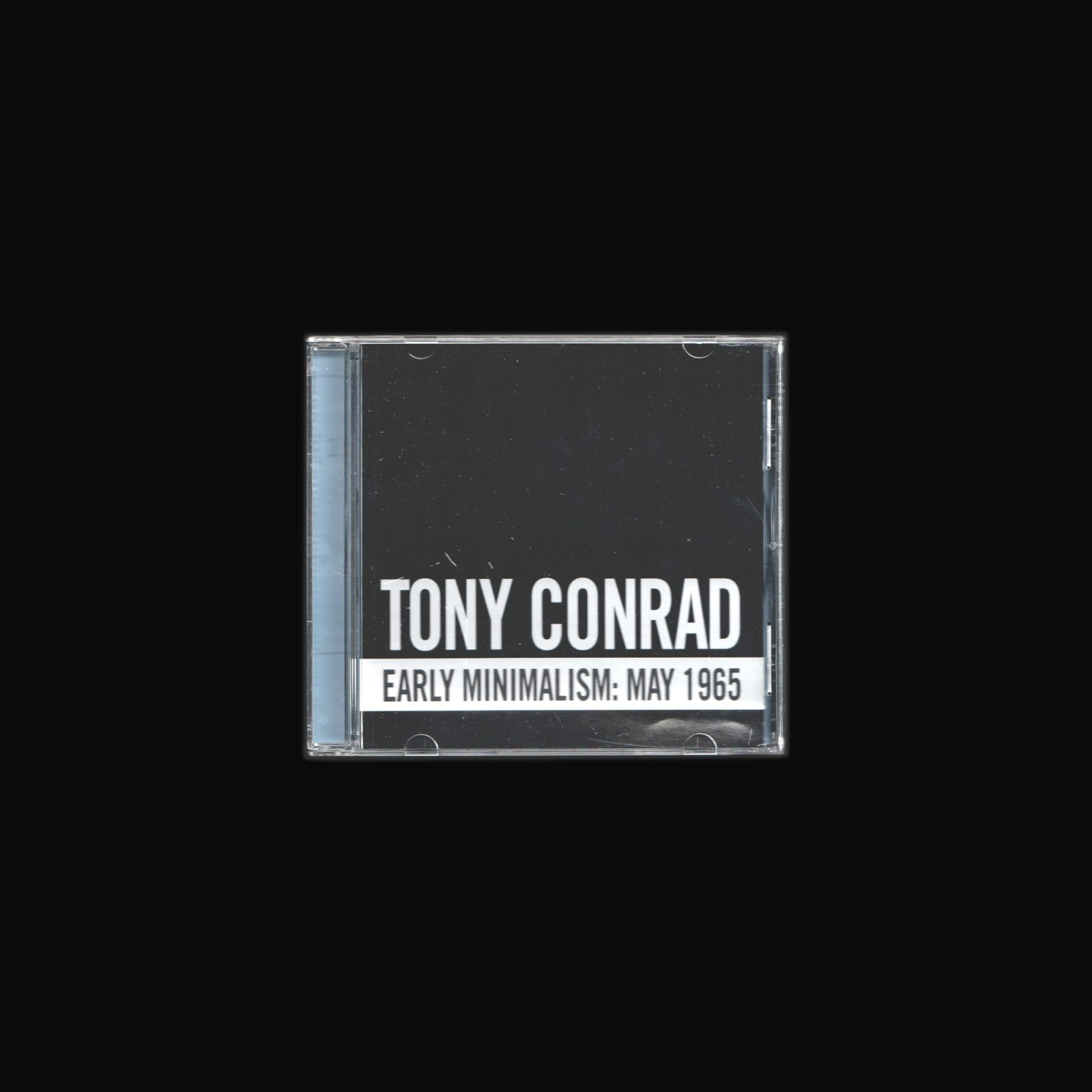
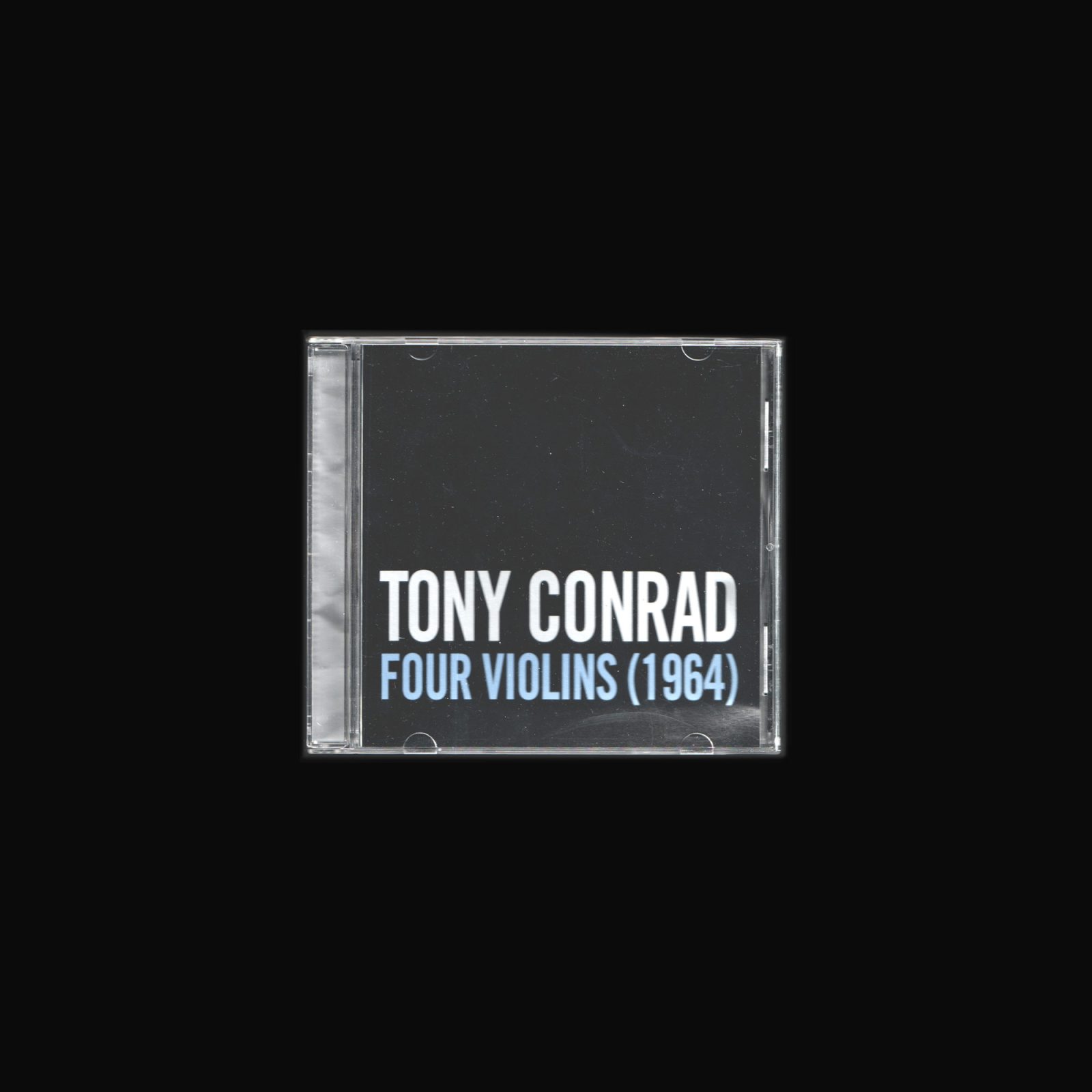
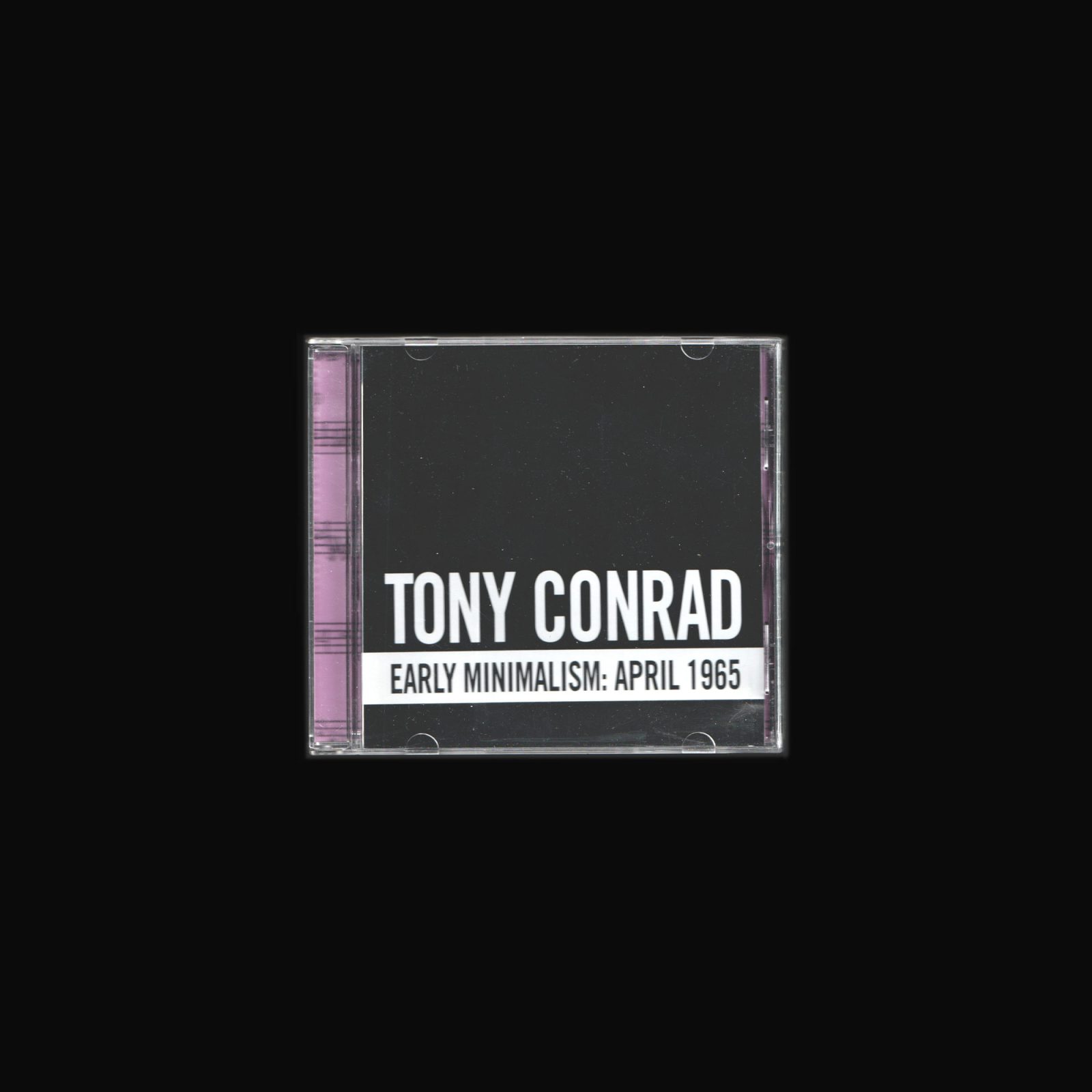
Four CD box set with 96-page book and enhanced CD-ROM featuring interviews, performance footage and video scores. Includes the massive Four Violins (1964) — one of the world’s most important and space-inhaling pieces of music ever, which was only briefly available on LP. Mainline it as loud as you possibly can. Plus: Early Minimalism: April, 1965 (for solo violin and string quartet); Early Minimalism: May 1965 [performed here by Conrad, Alexandria Gelencser (cello) and Jim O’Rourke (violin)]; Early Minimalism: June 1965 (studio work for four multitracked violins with cello).
*Please note this publication is secondhand and may have some traces of previous ownership.
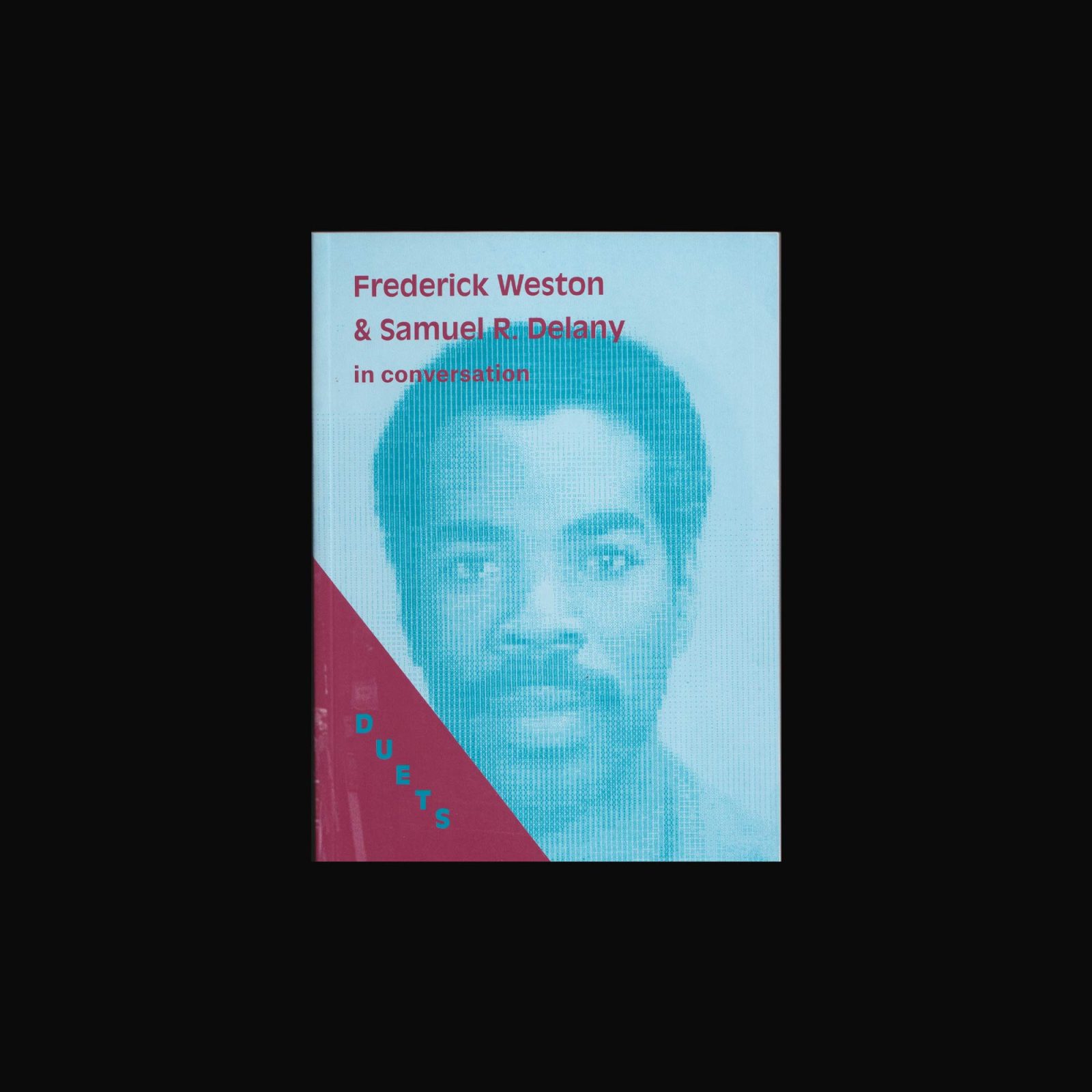

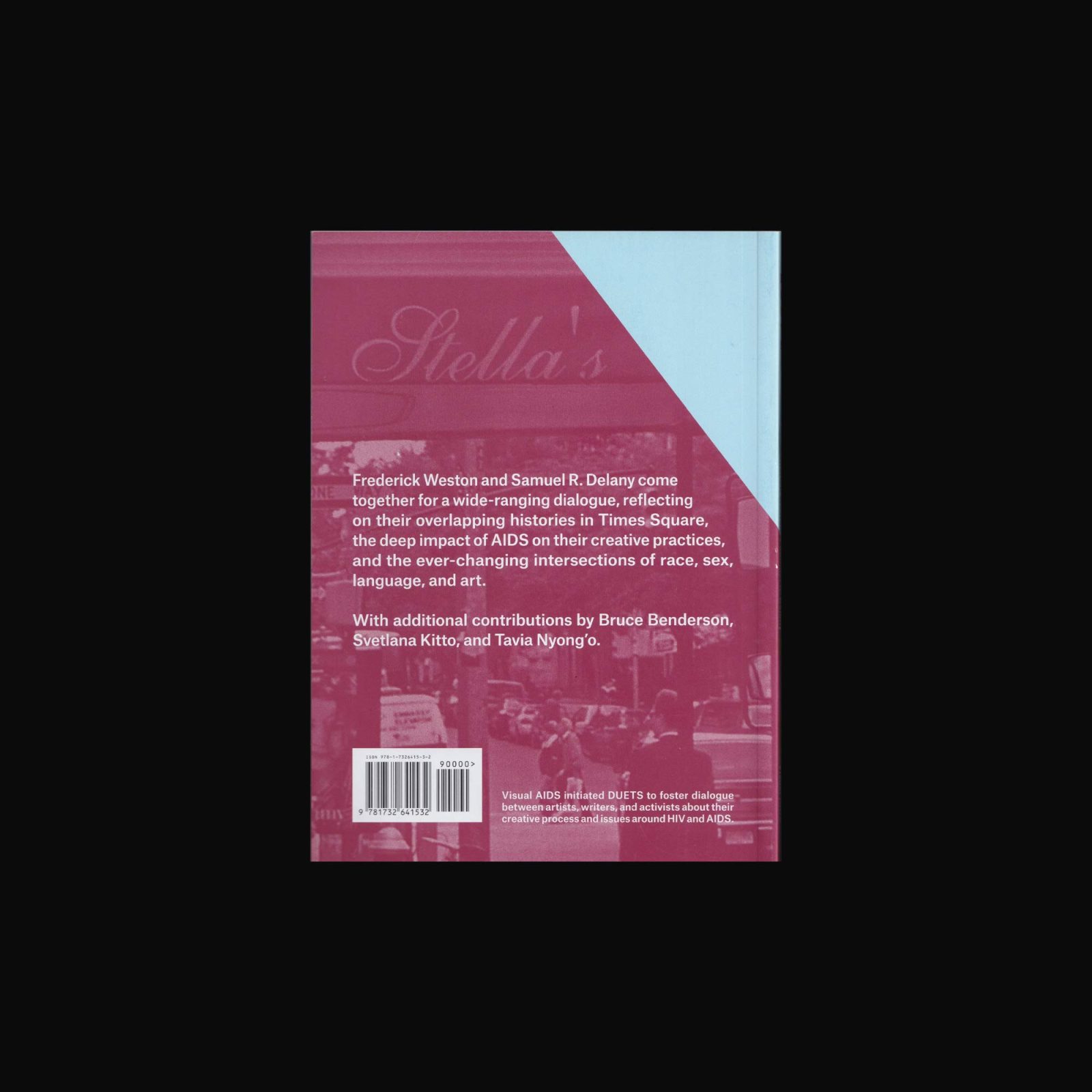
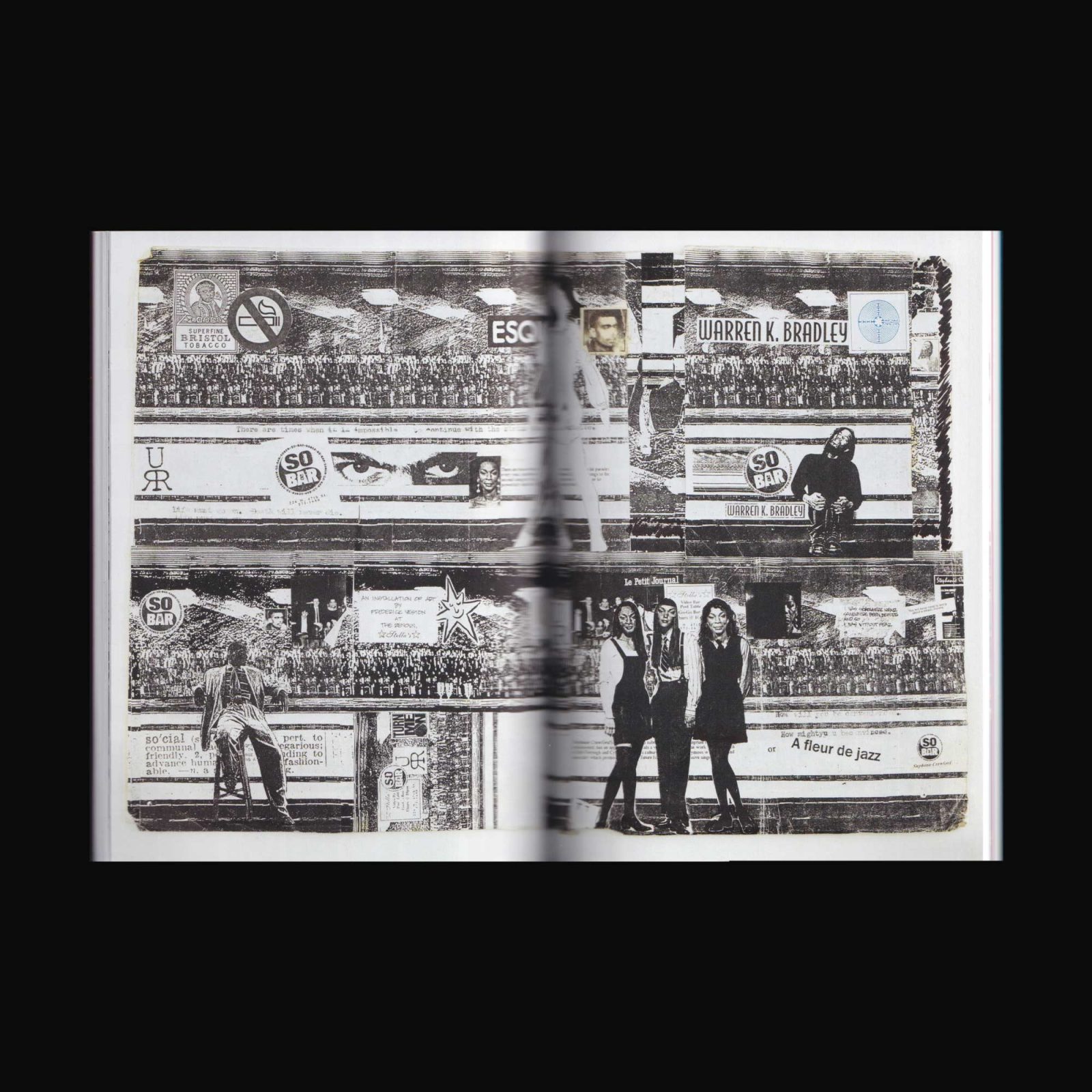
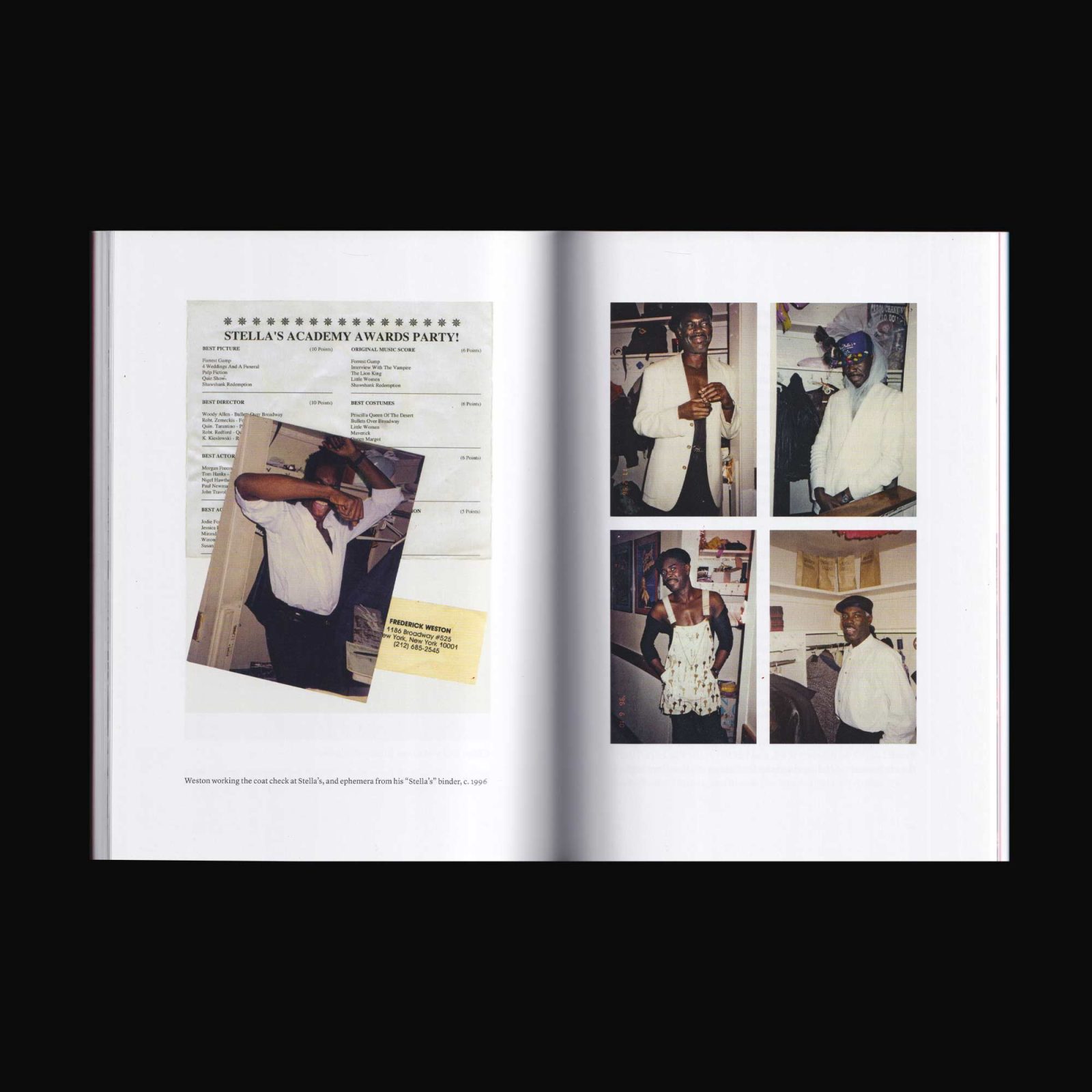
Frederick Weston and Samuel R. Delany come together for a wide-ranging dialogue, reflecting on their overlapping histories in Times Square, the deep impact of AIDS on their creative practices, and the ever-changing intersections of race, sex, language, and art.
With additional contributions by Bruce Benderson, Svetlana Kitto, and Tavia Nyong’o.